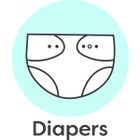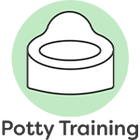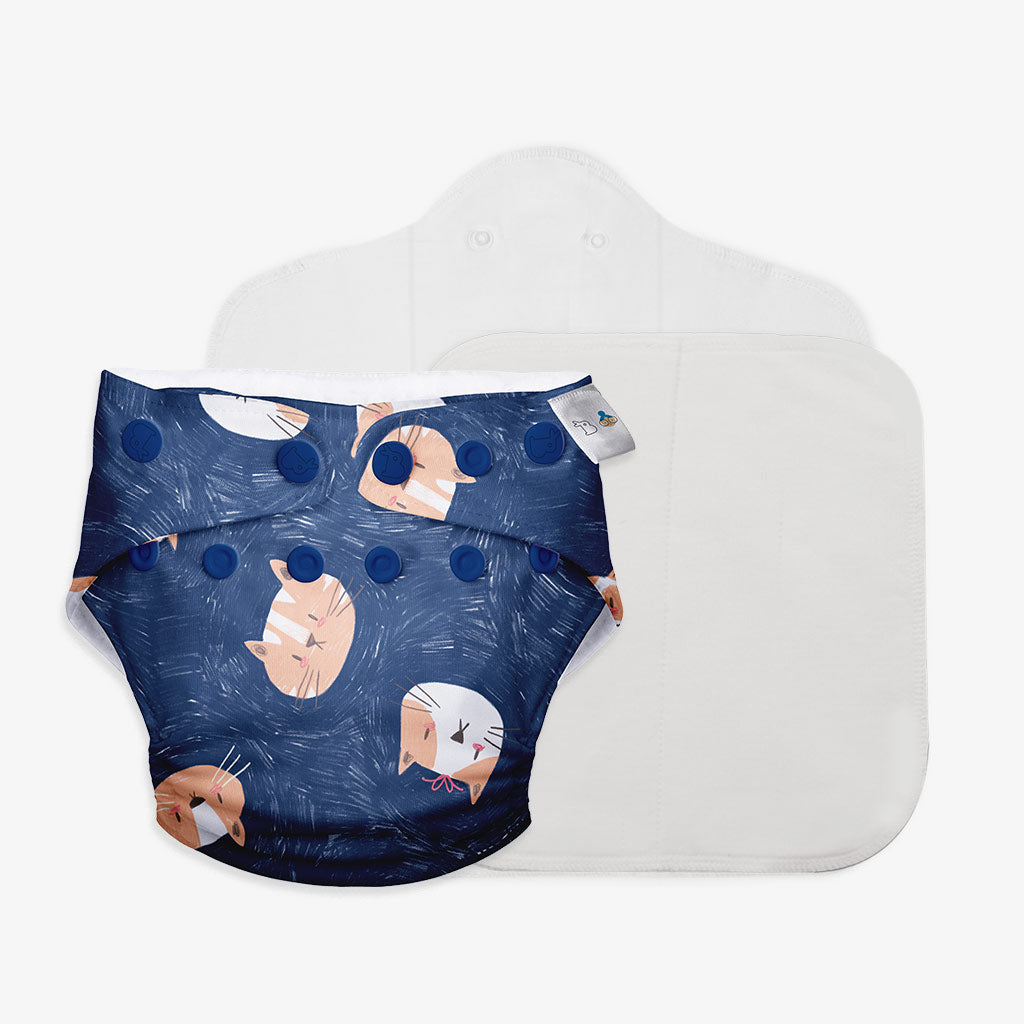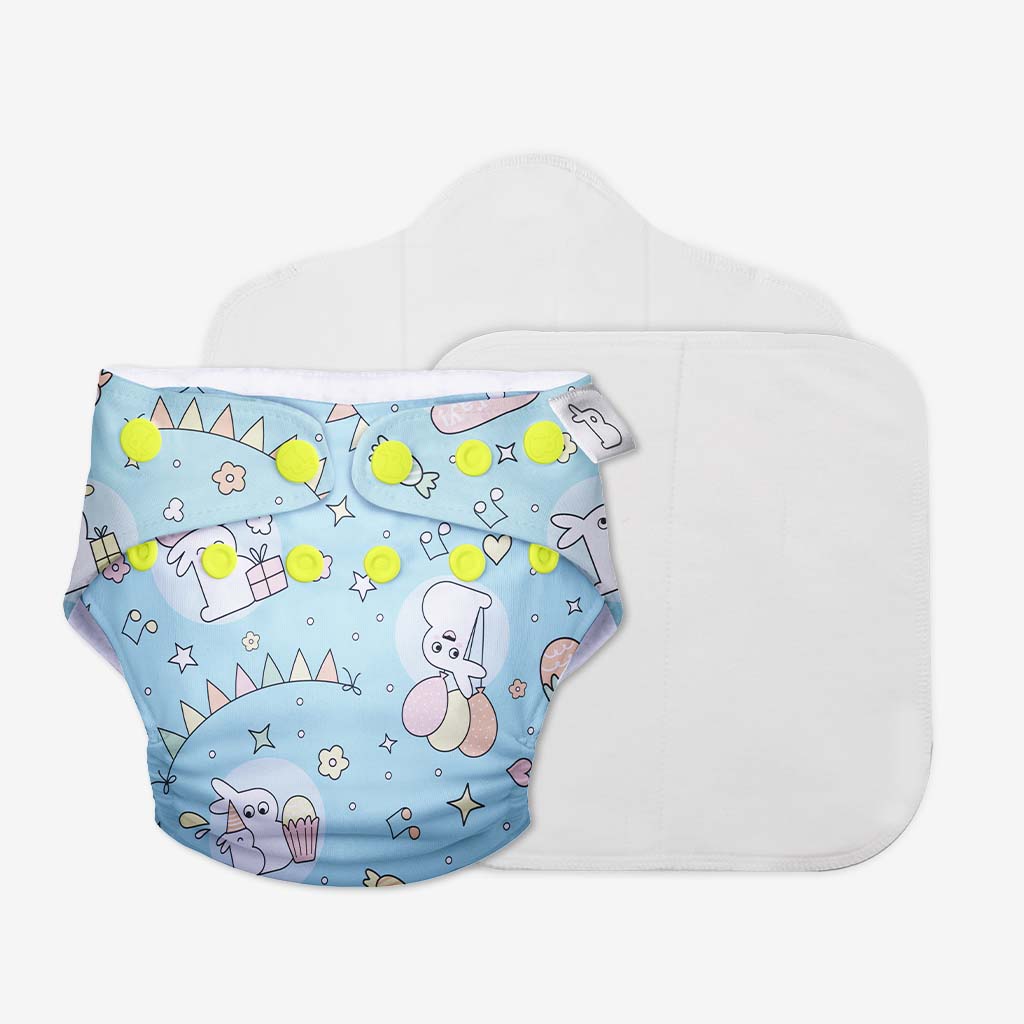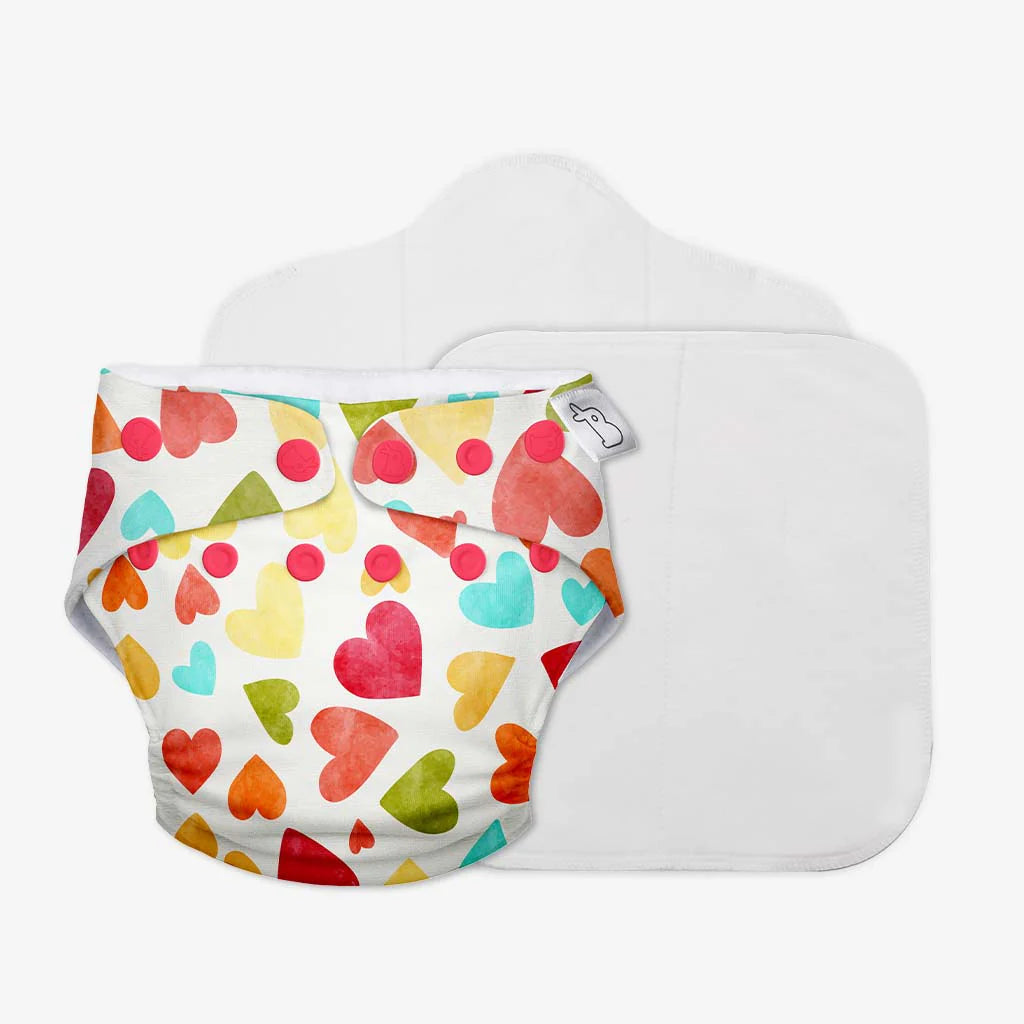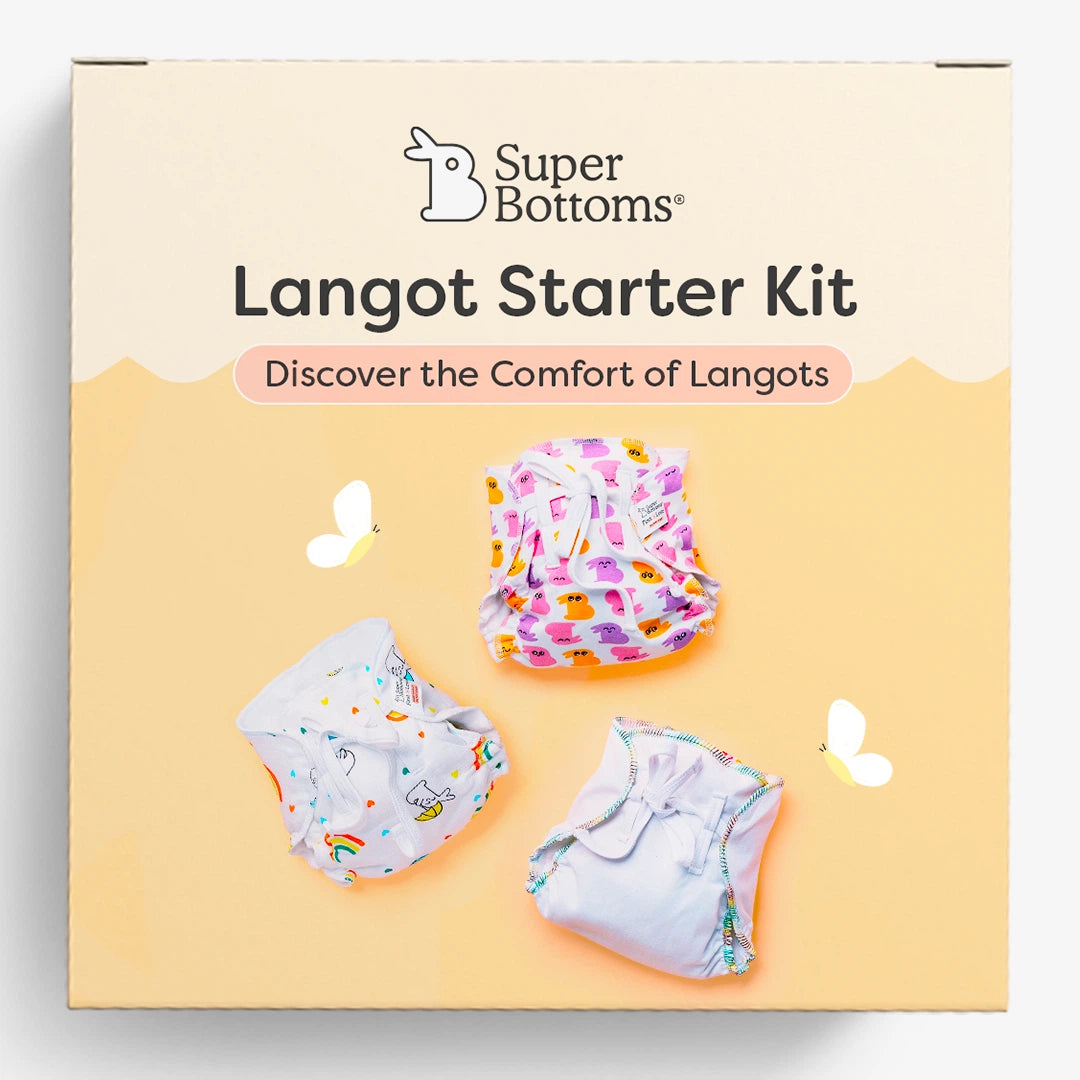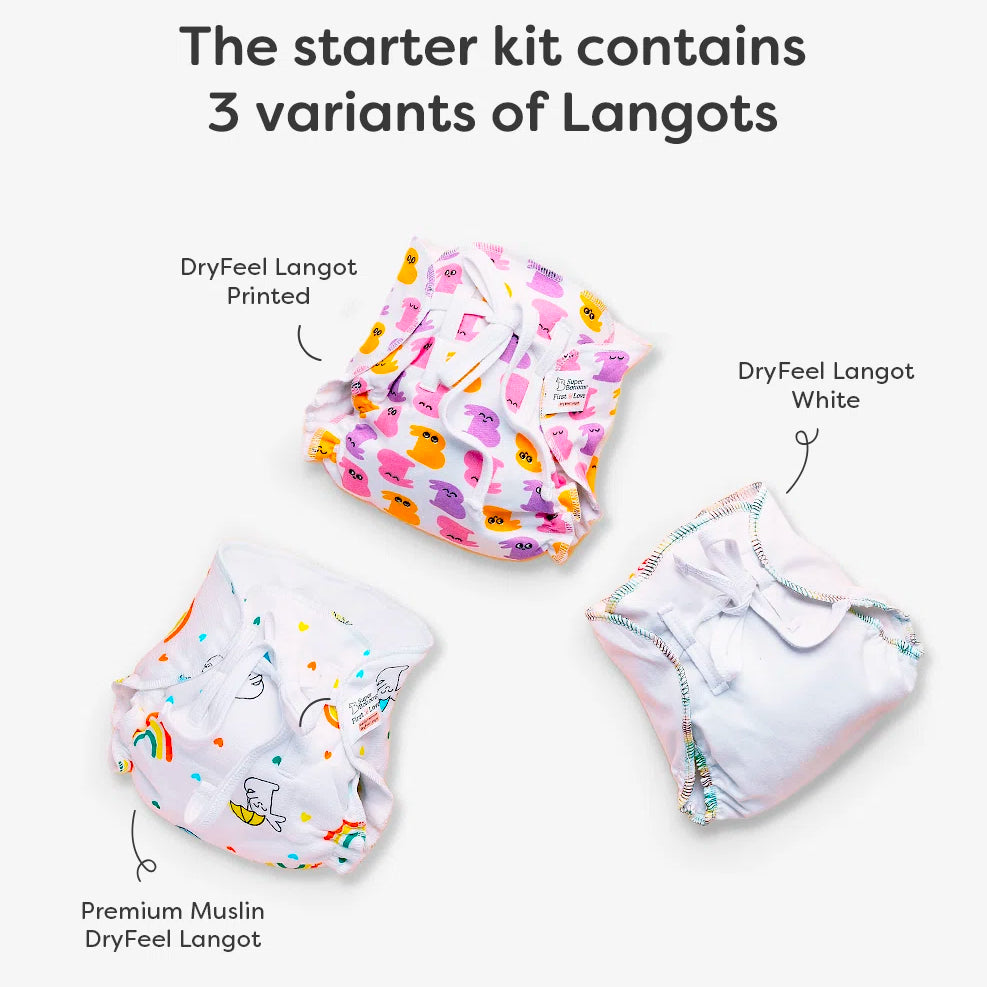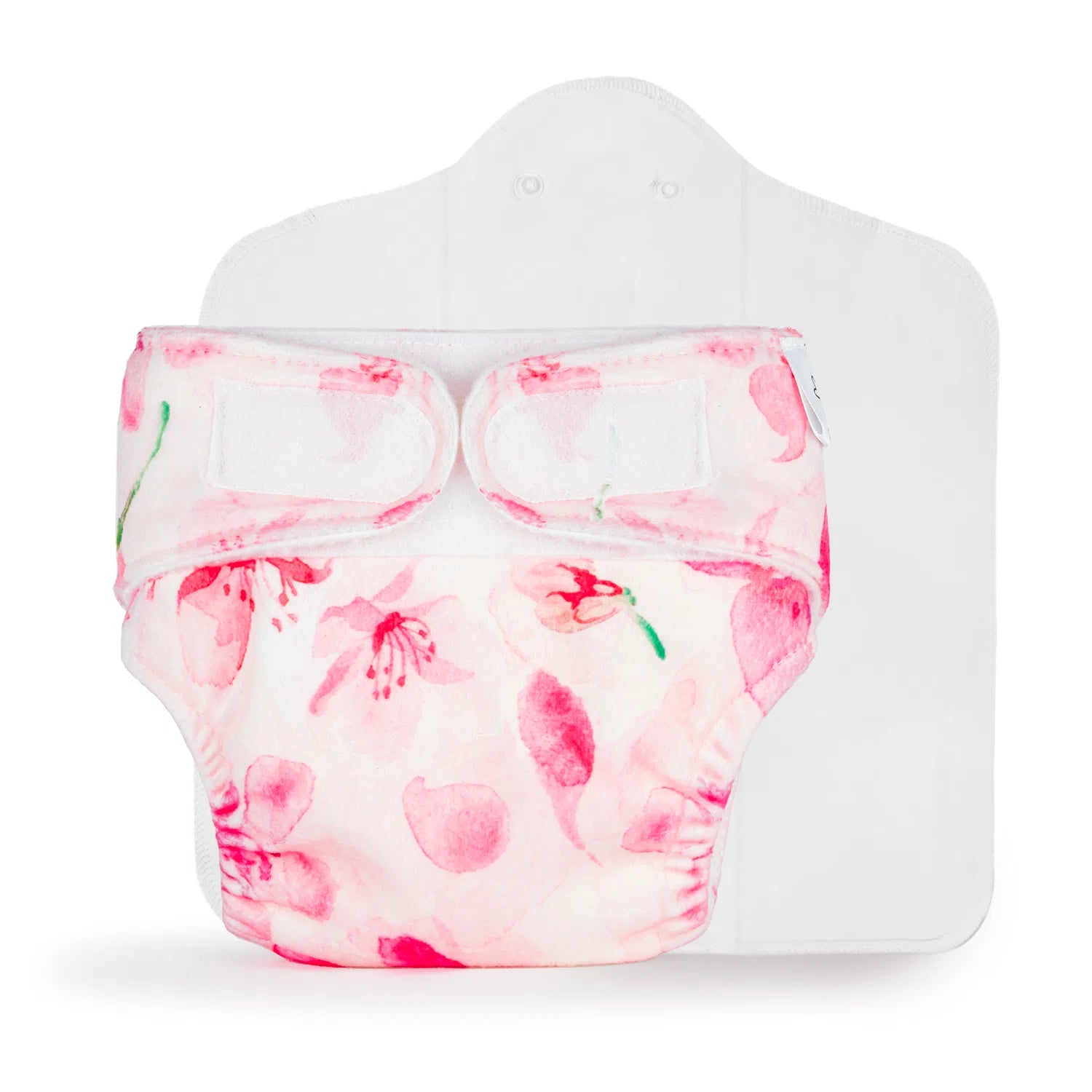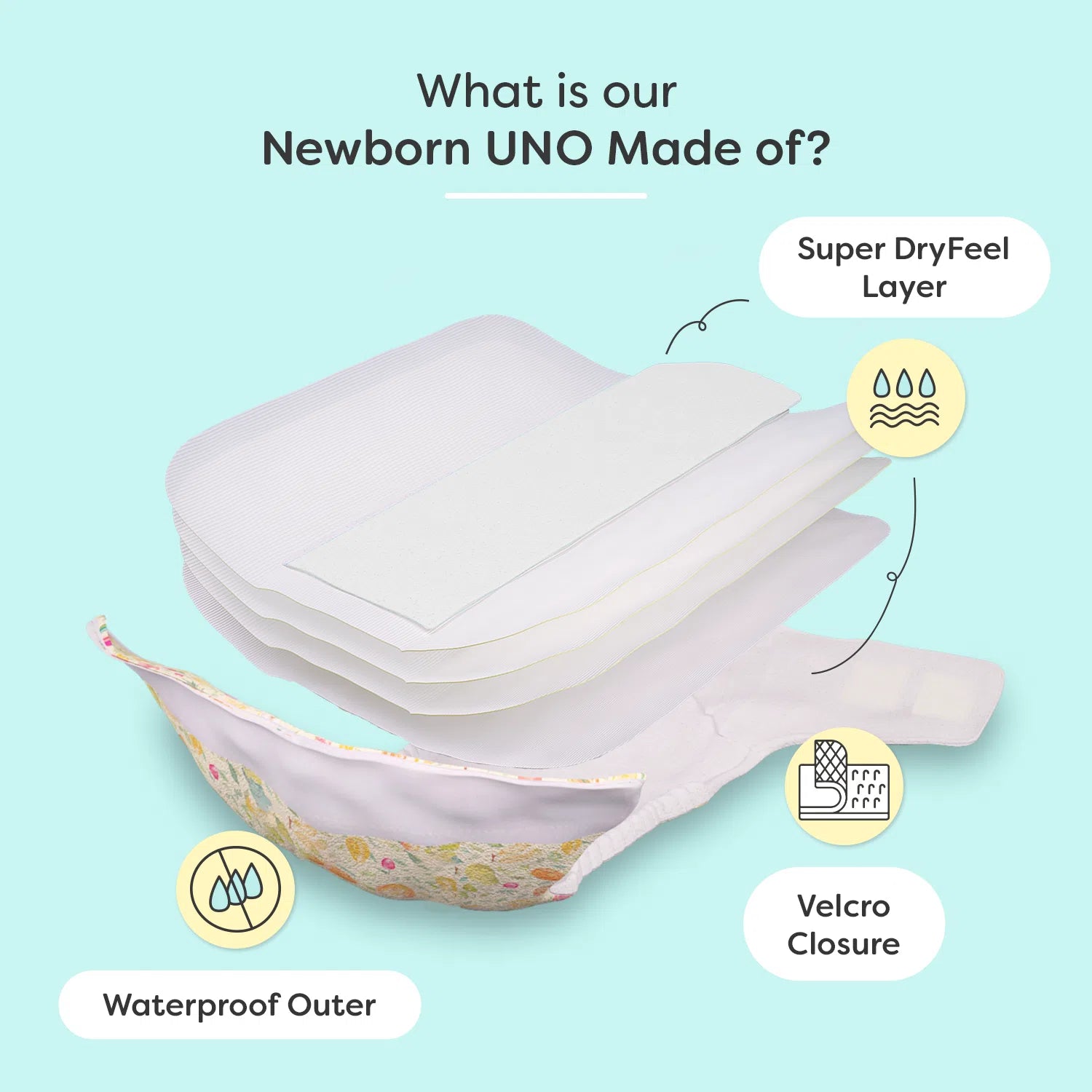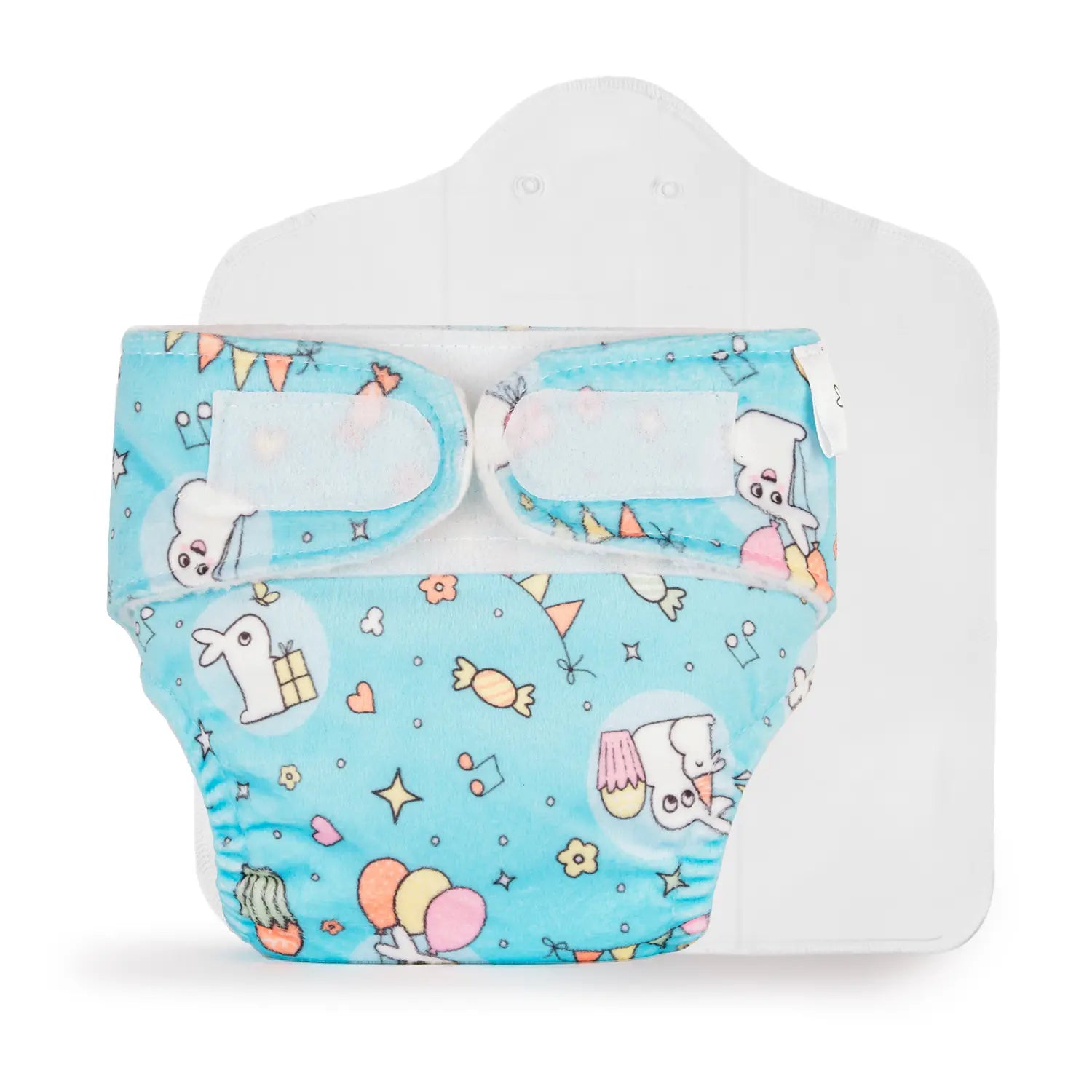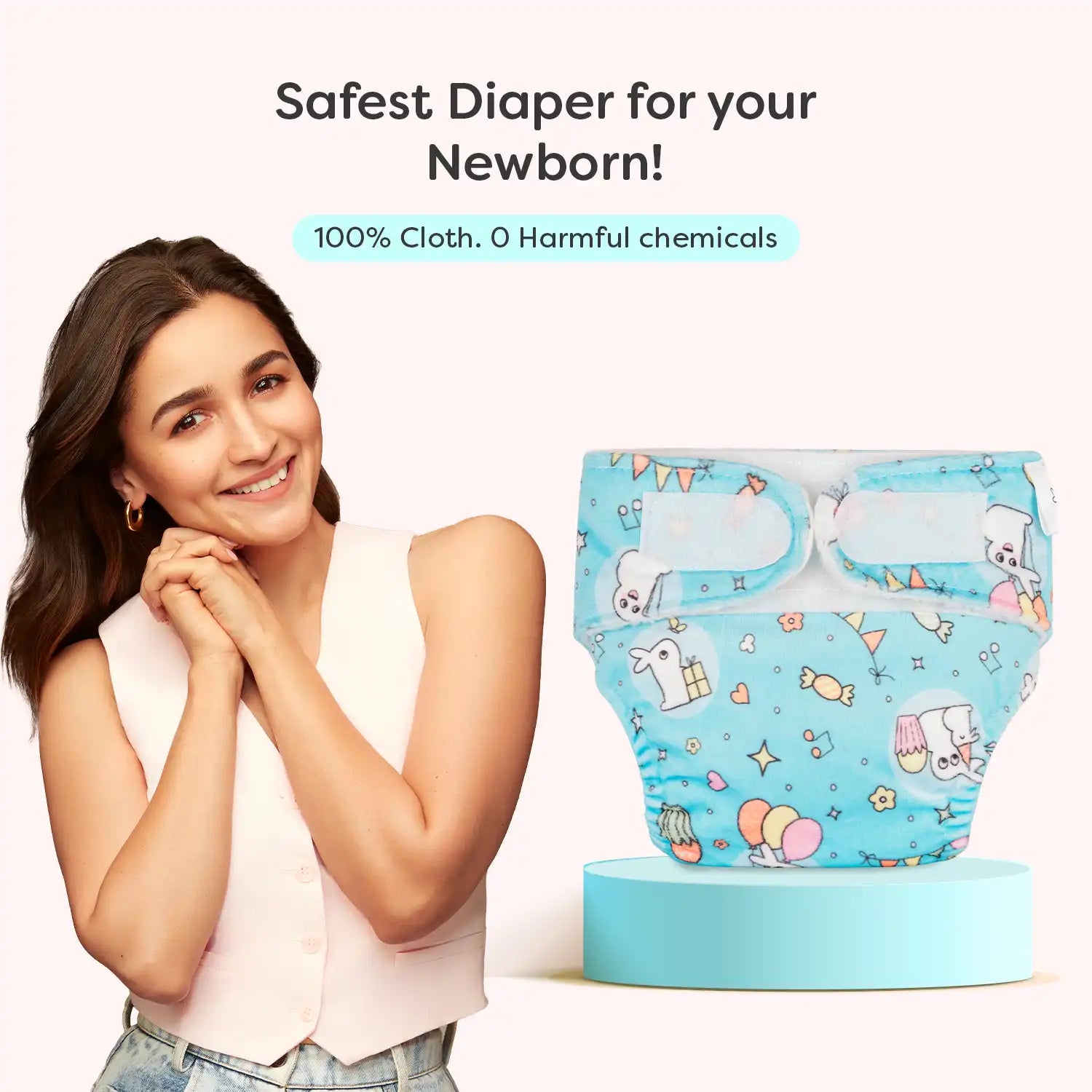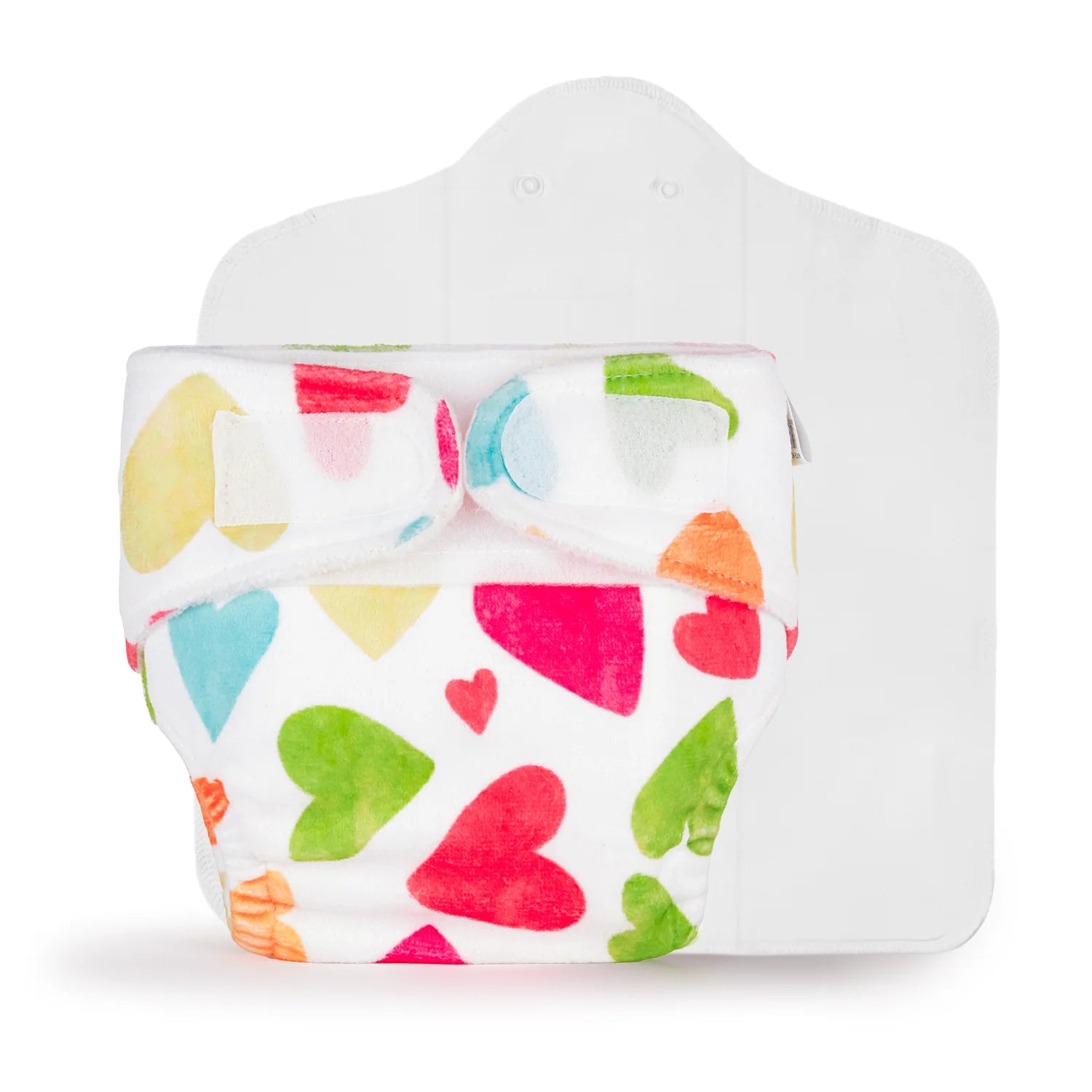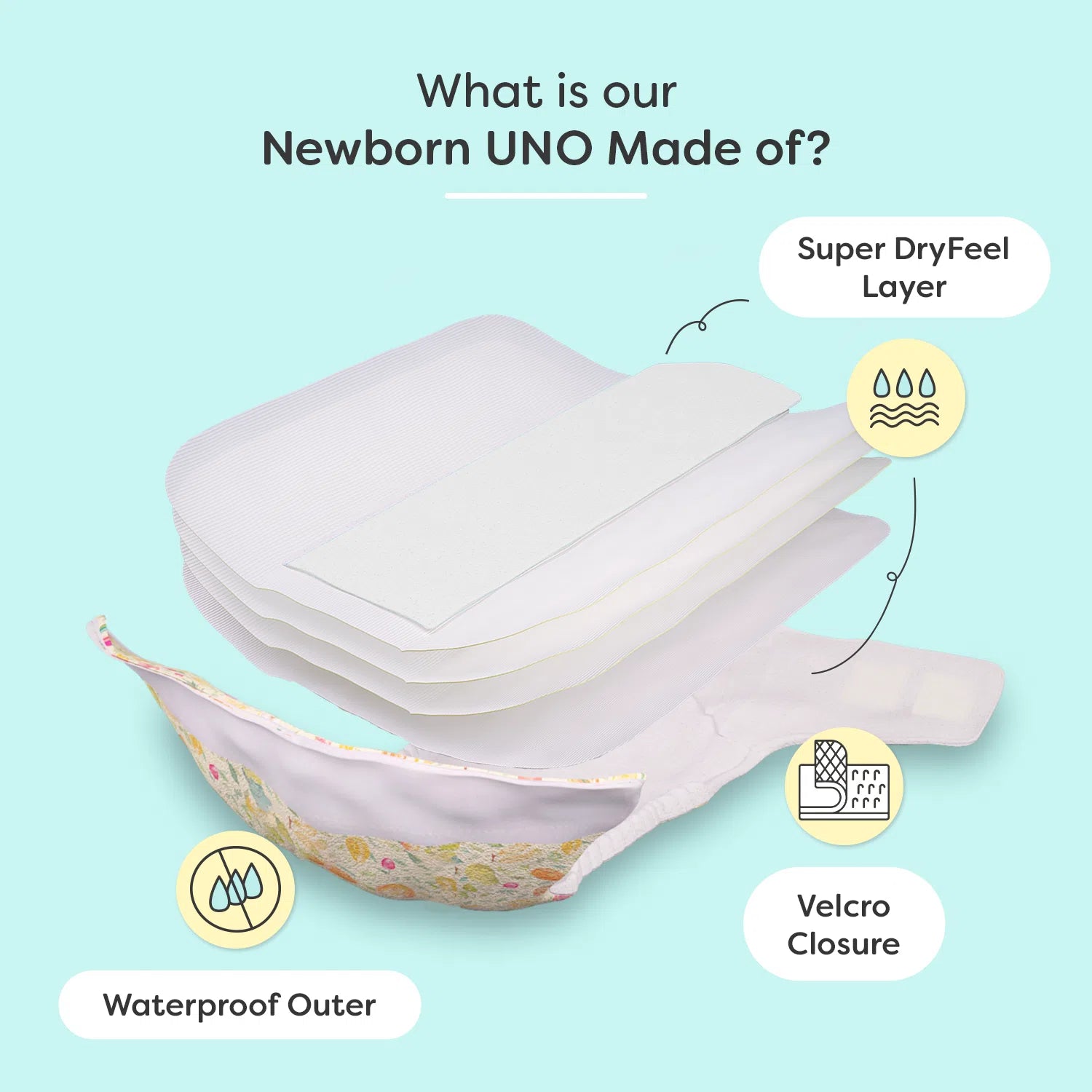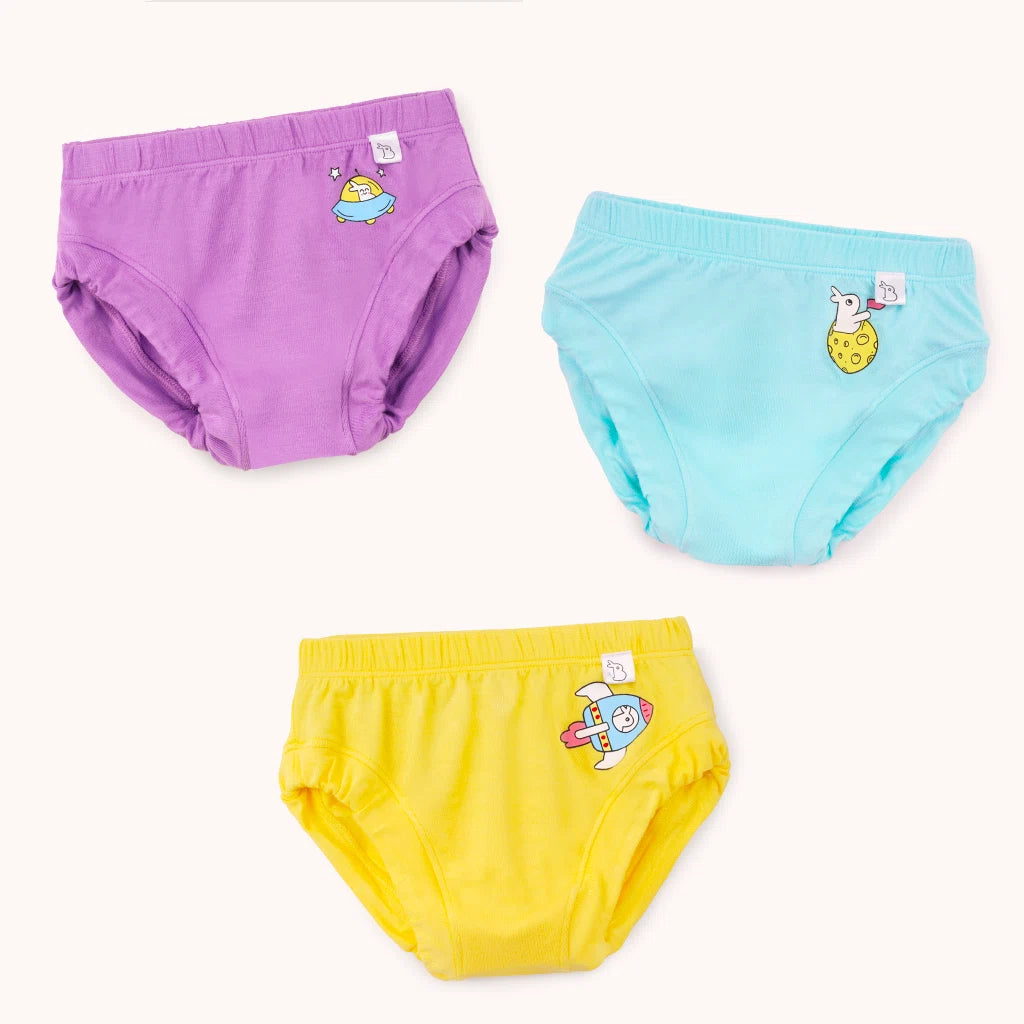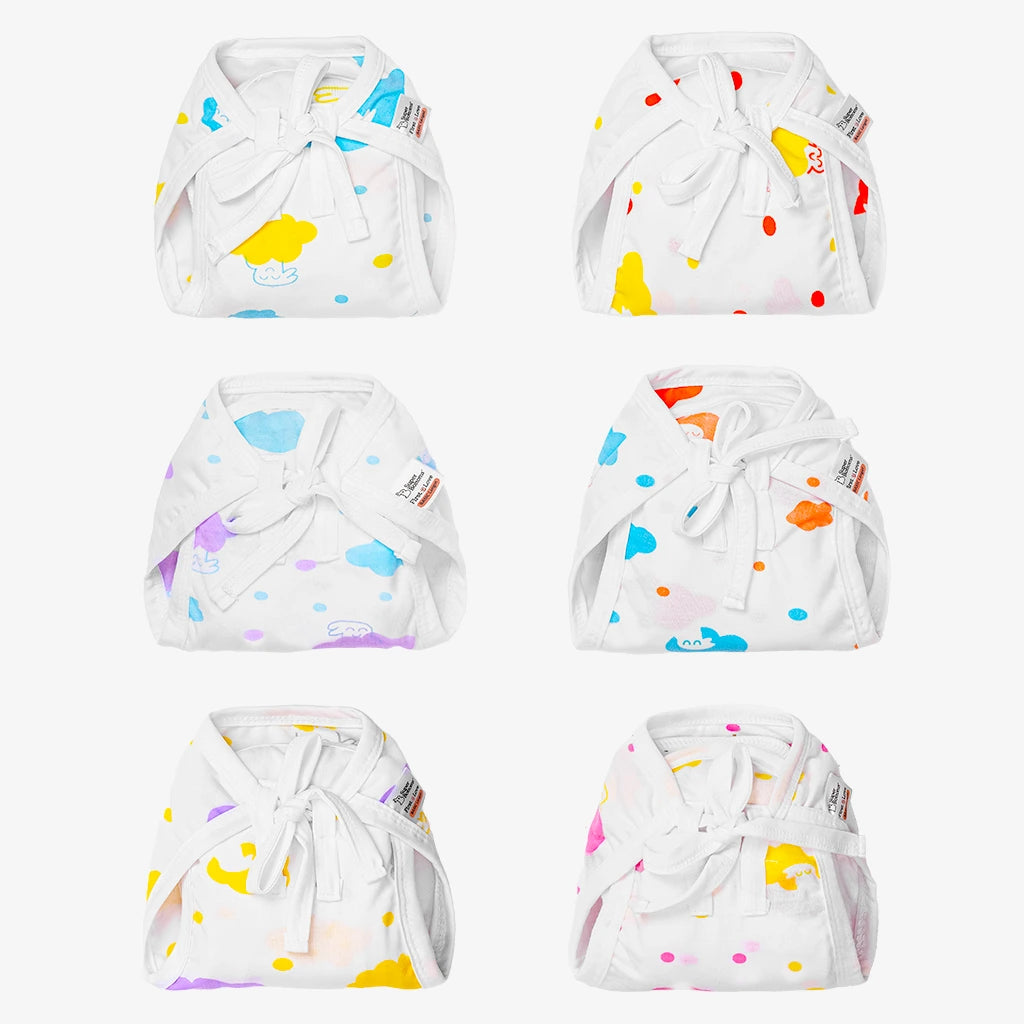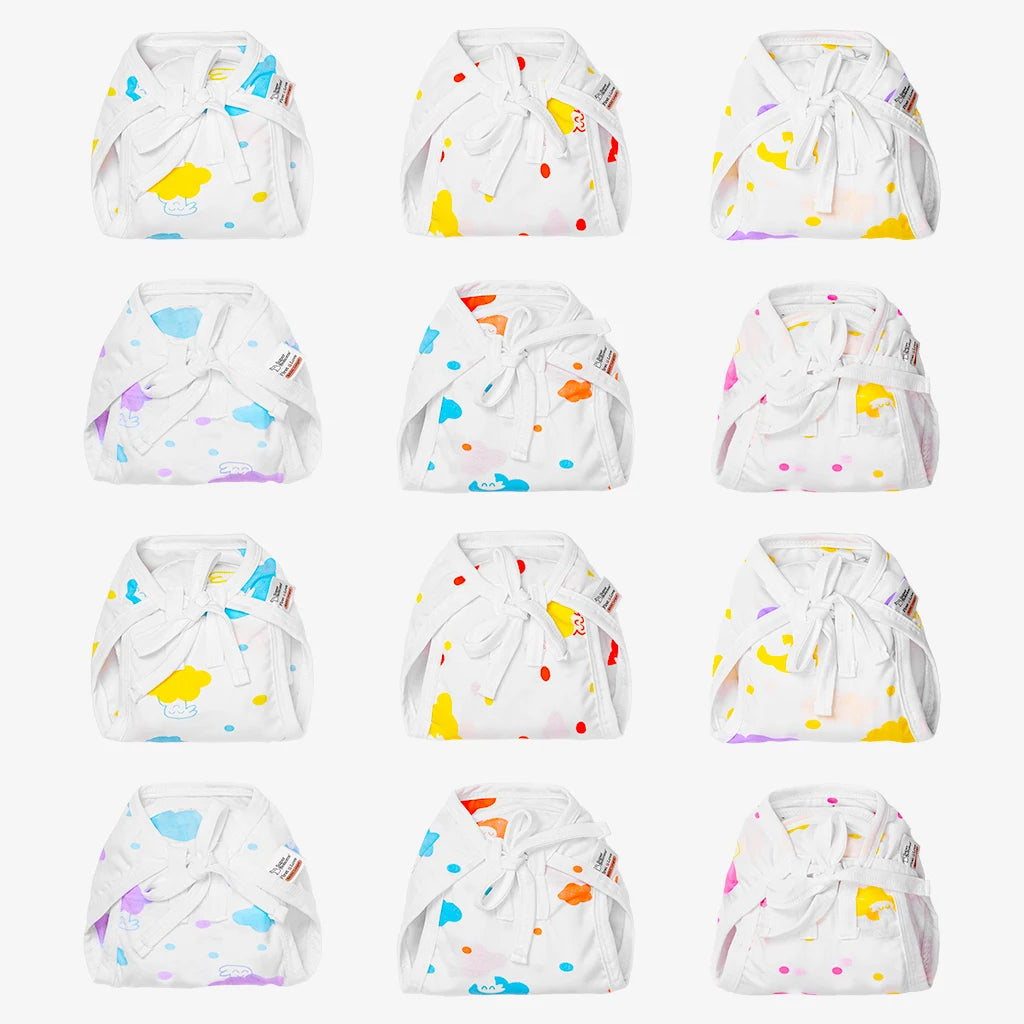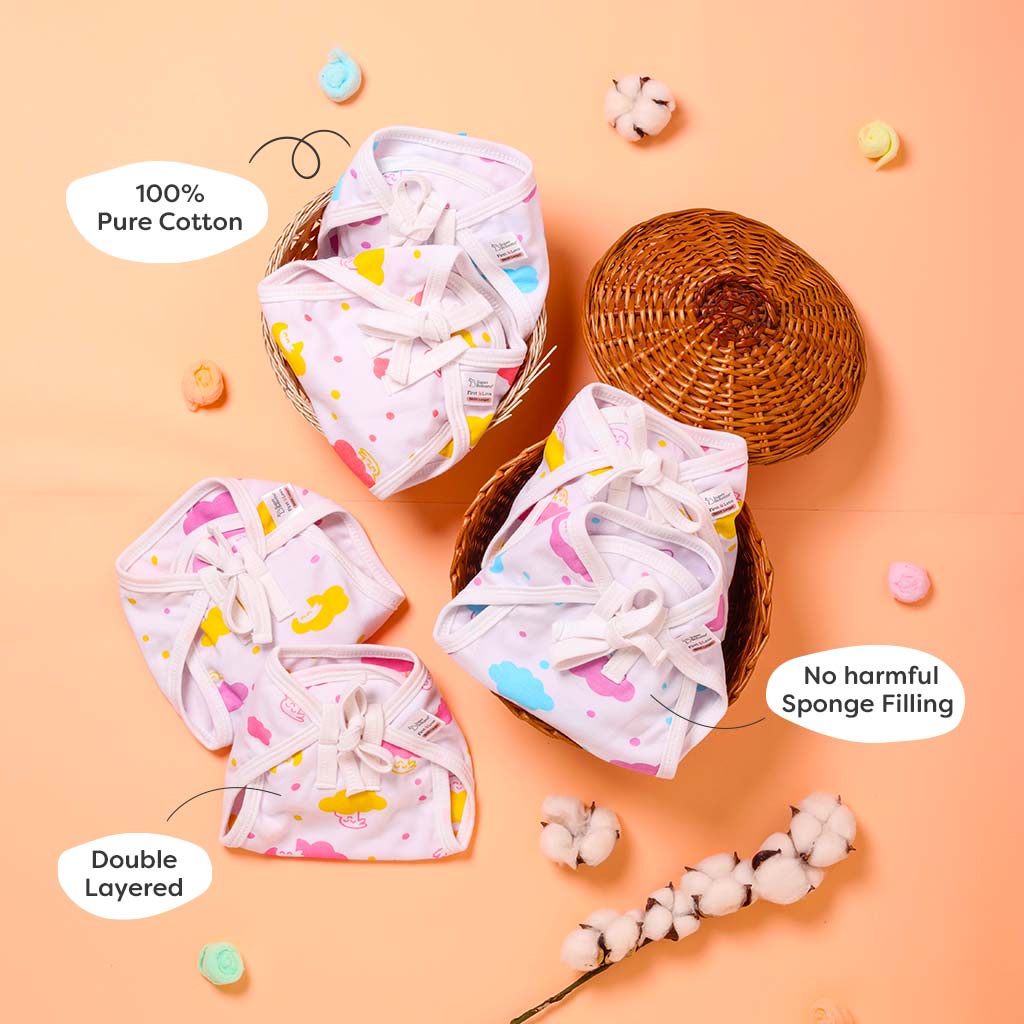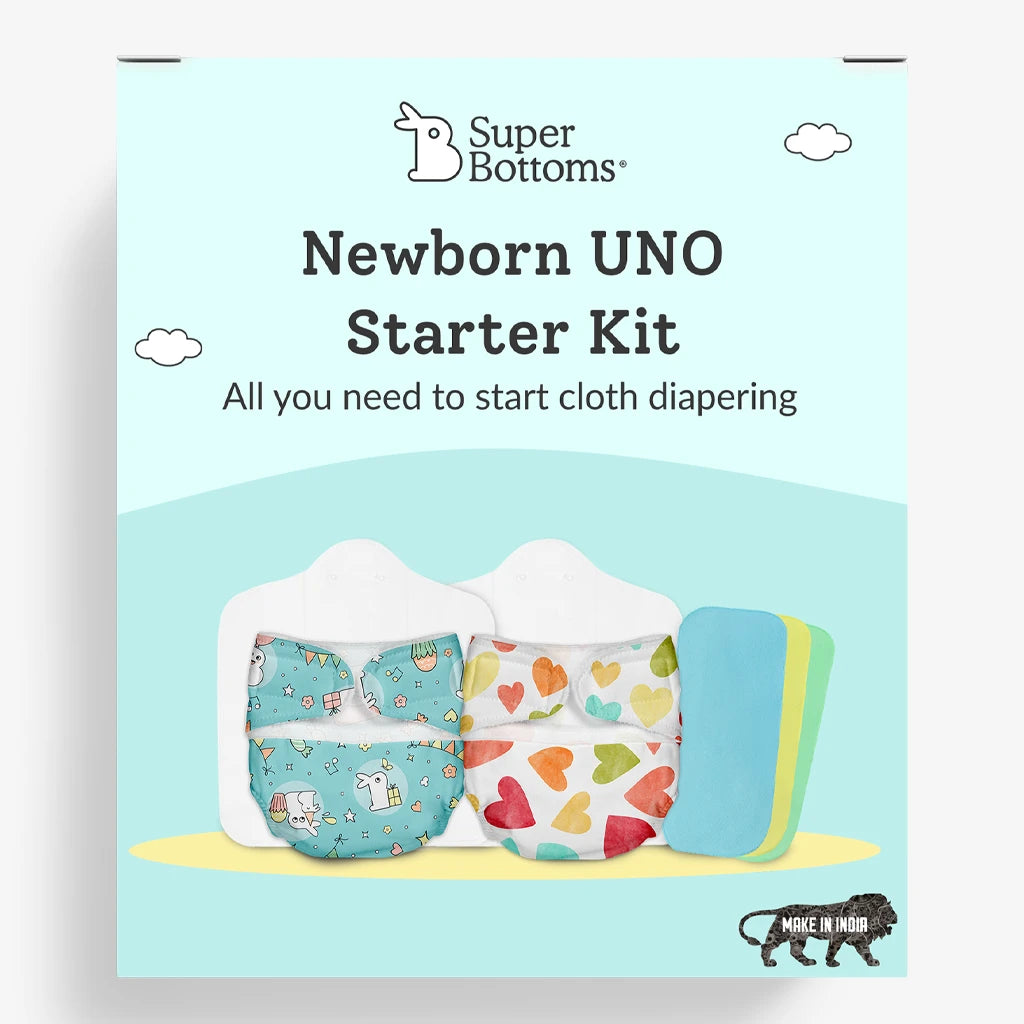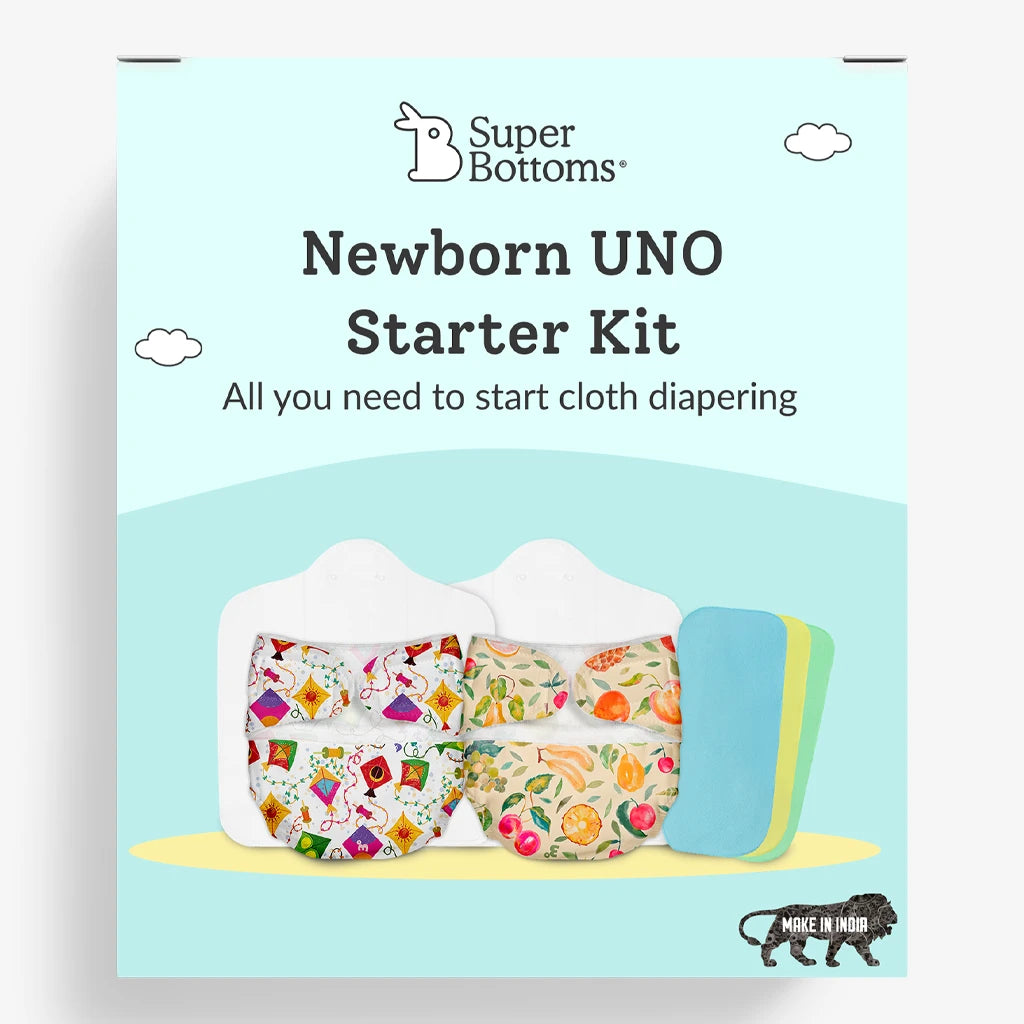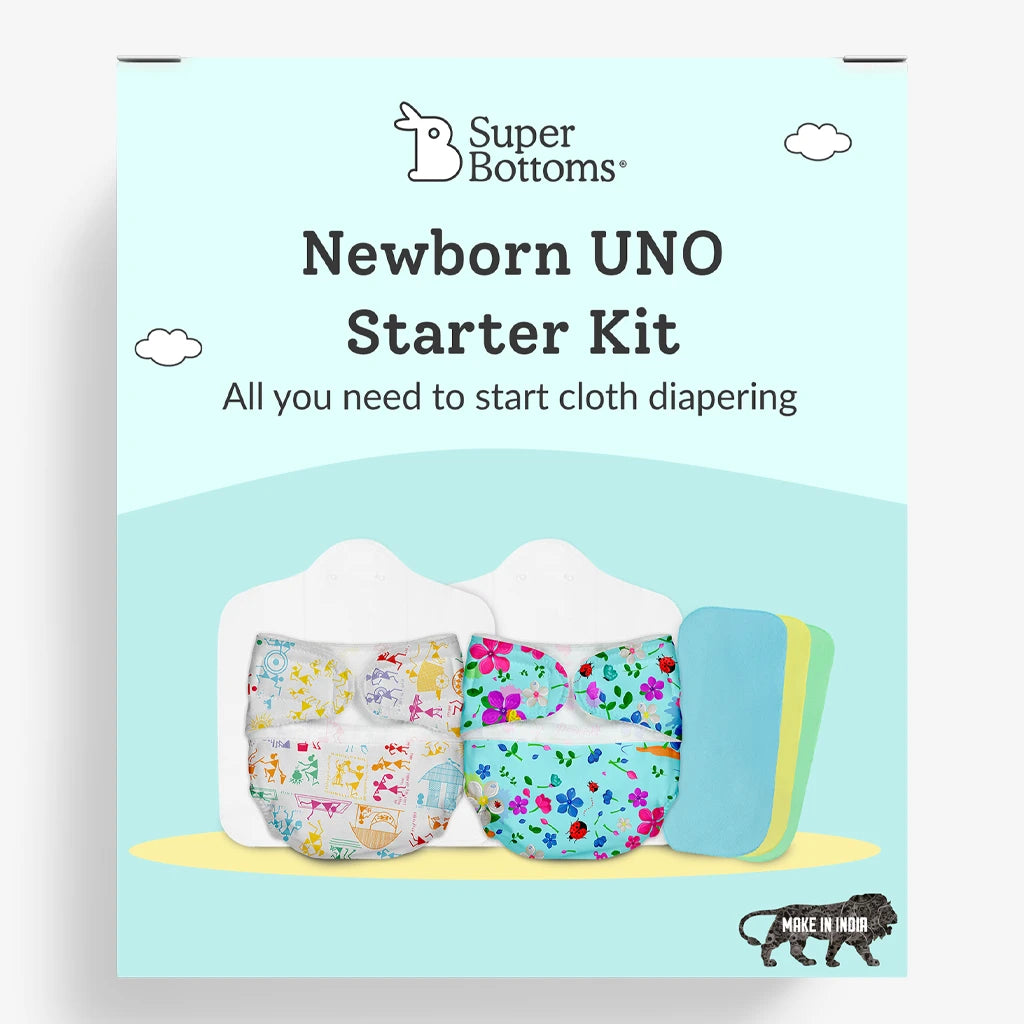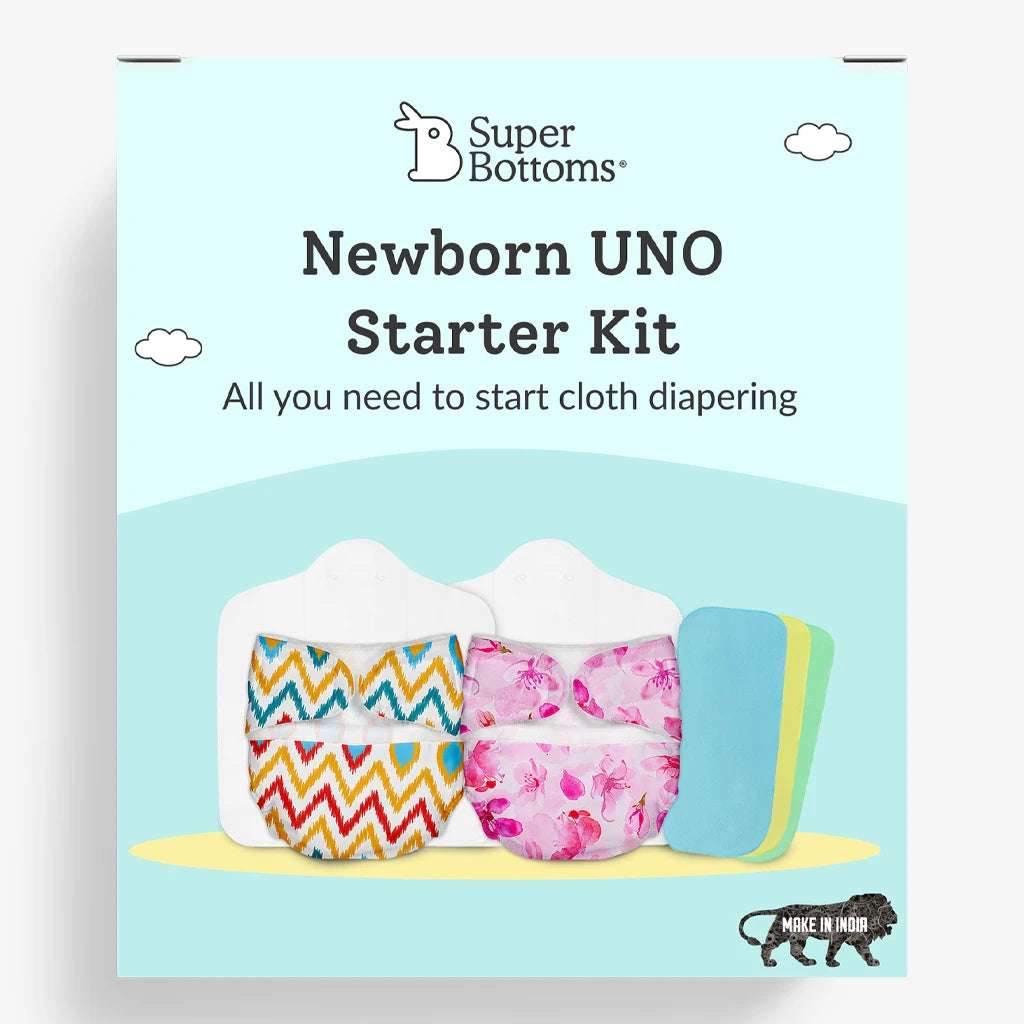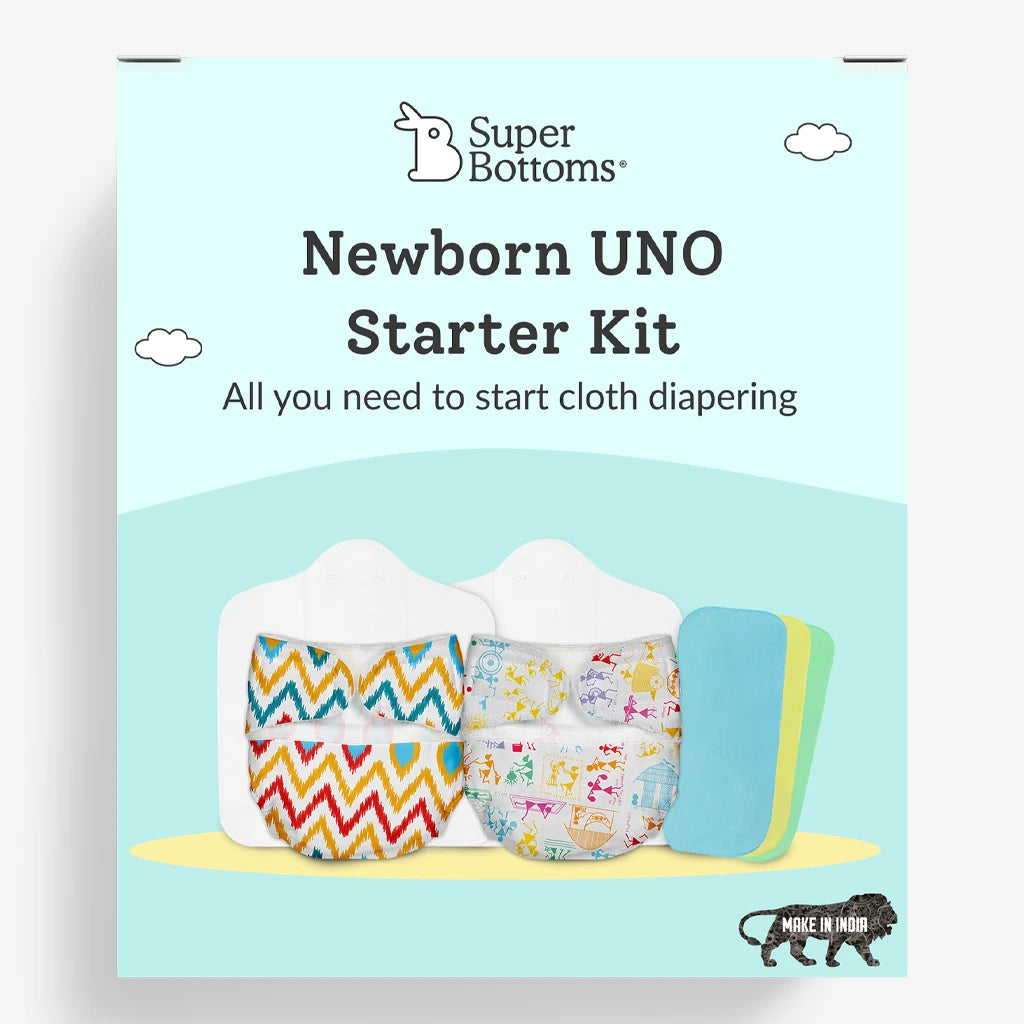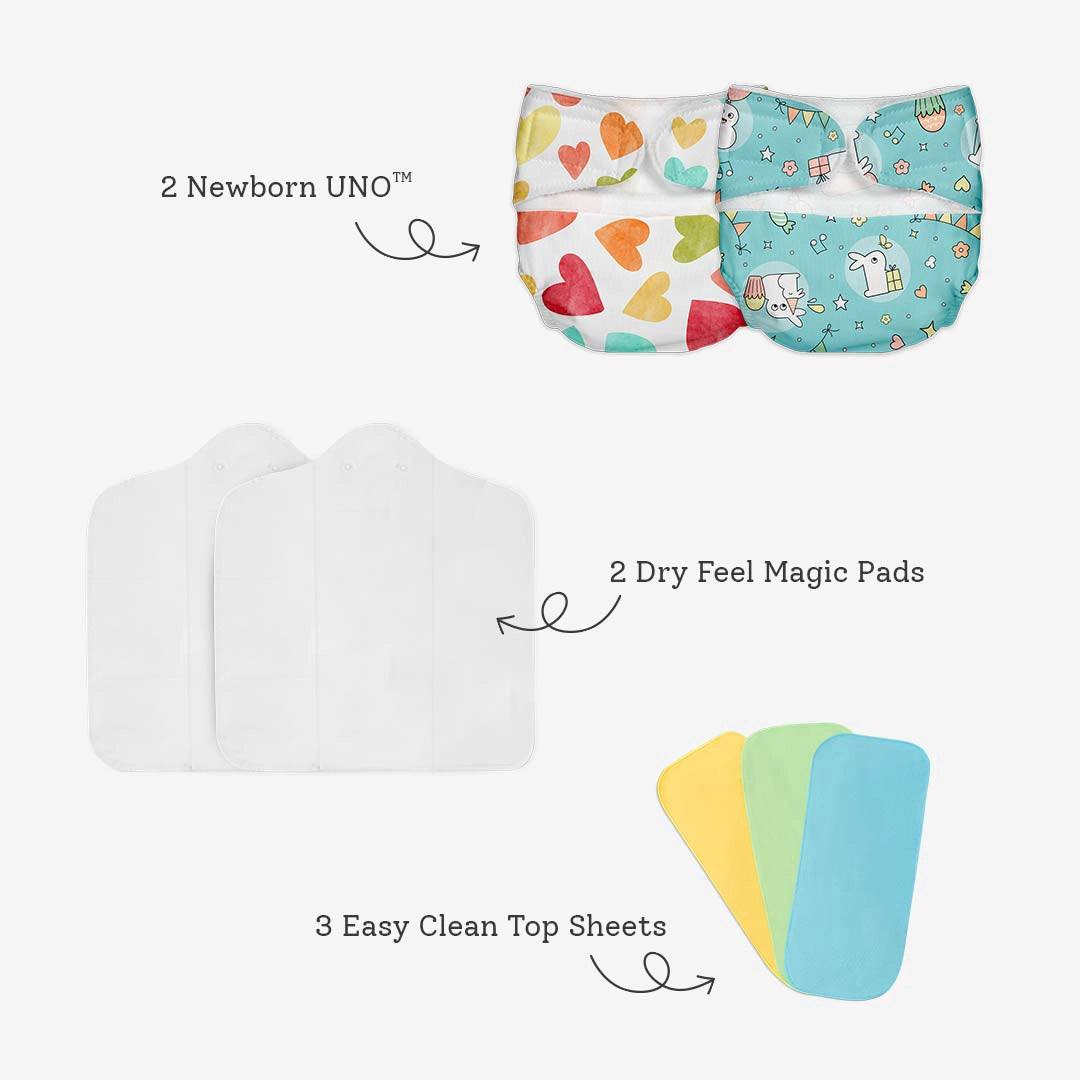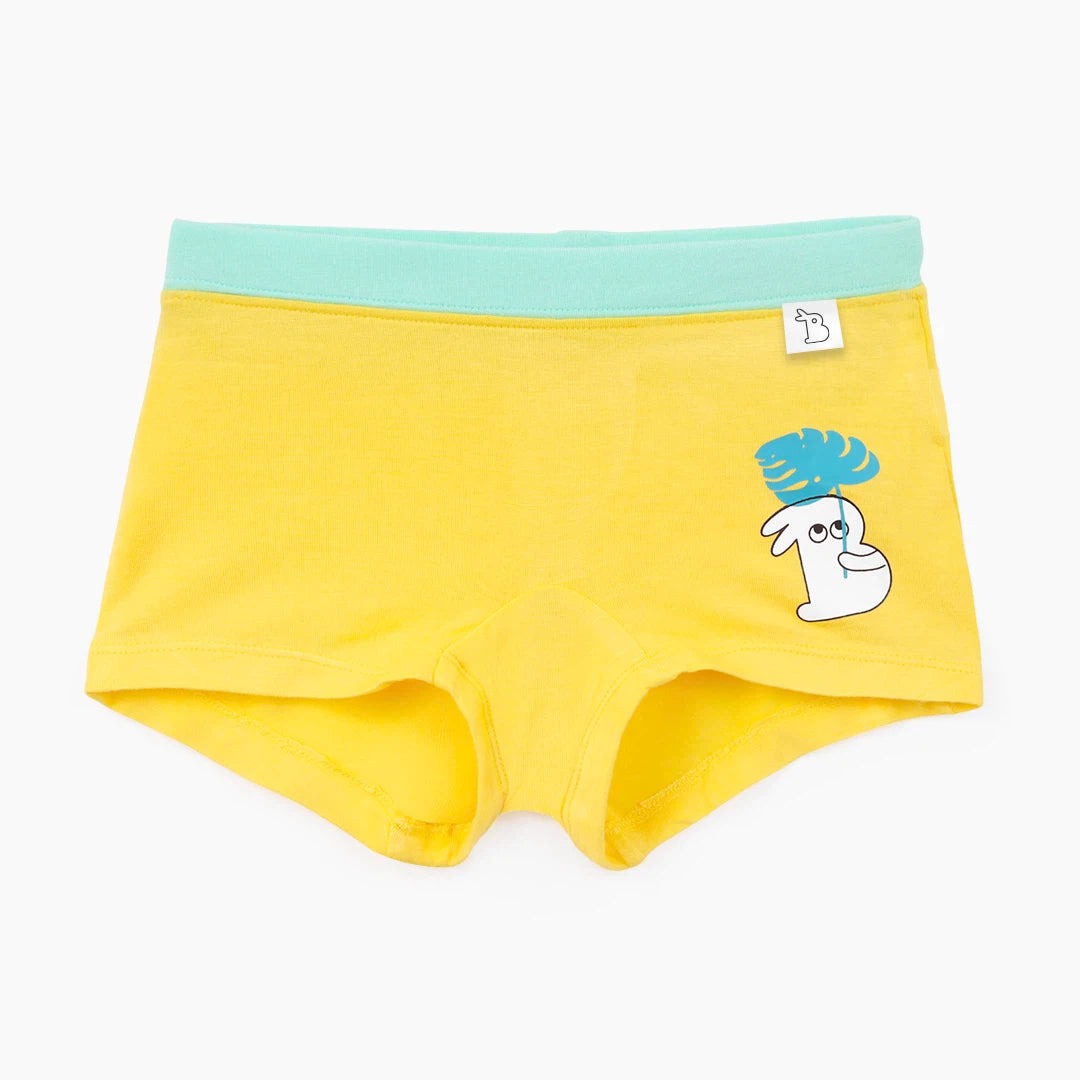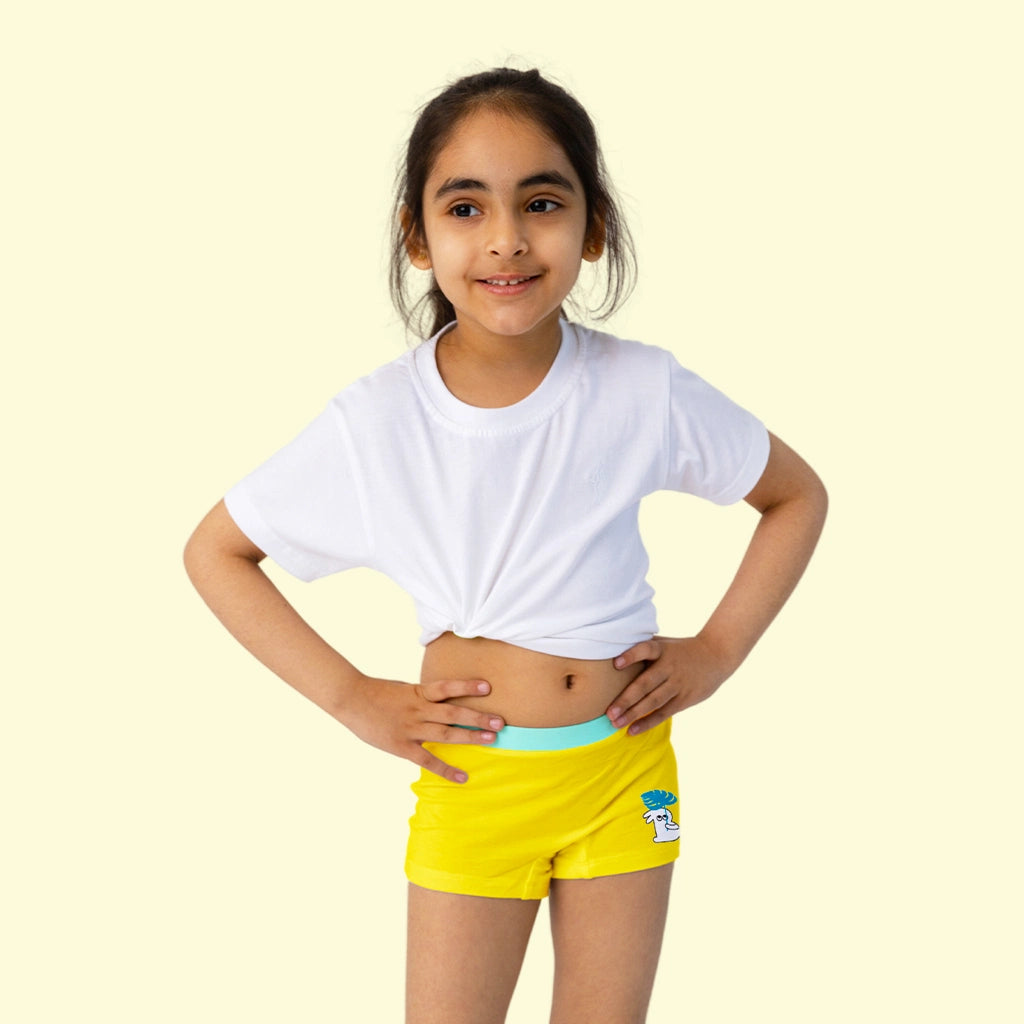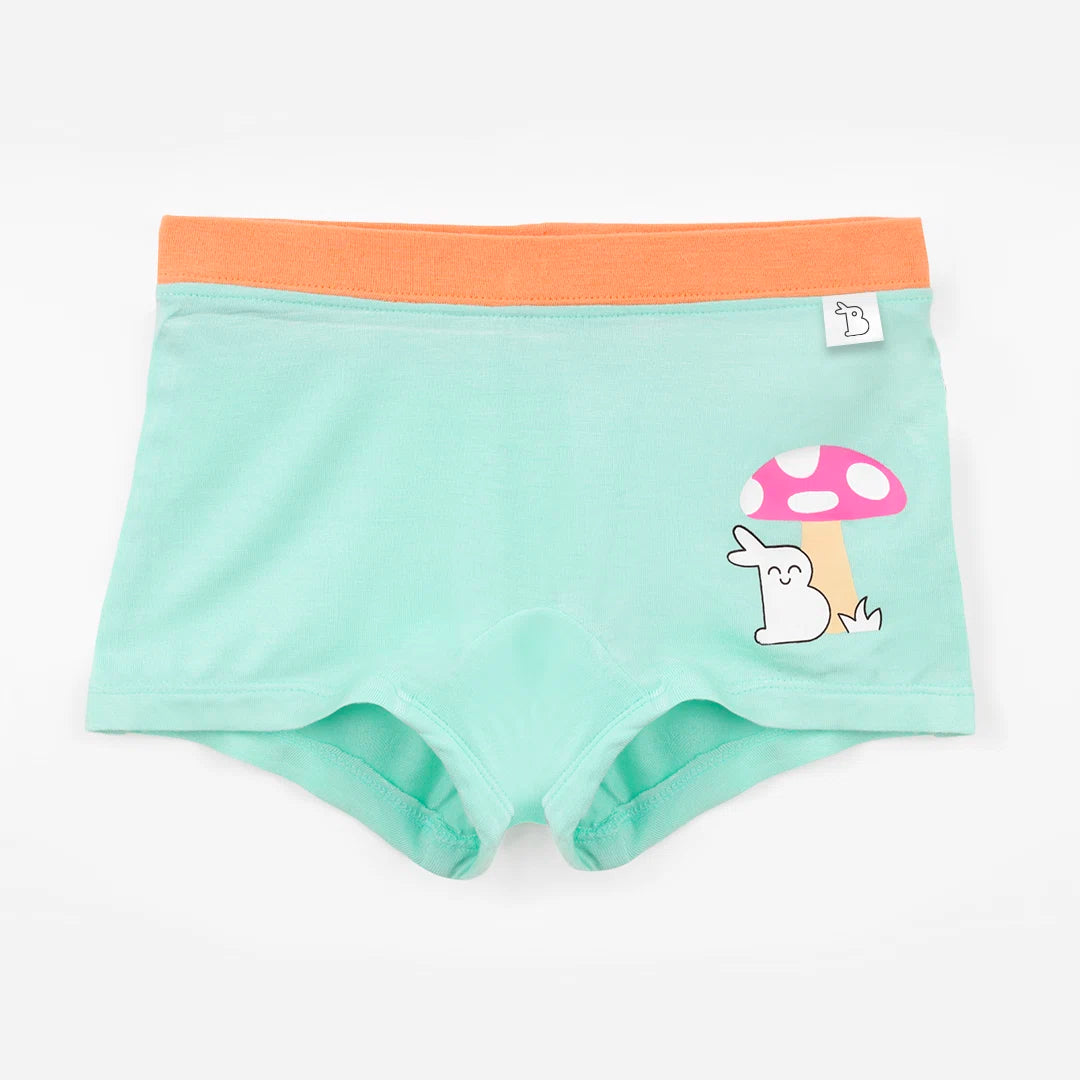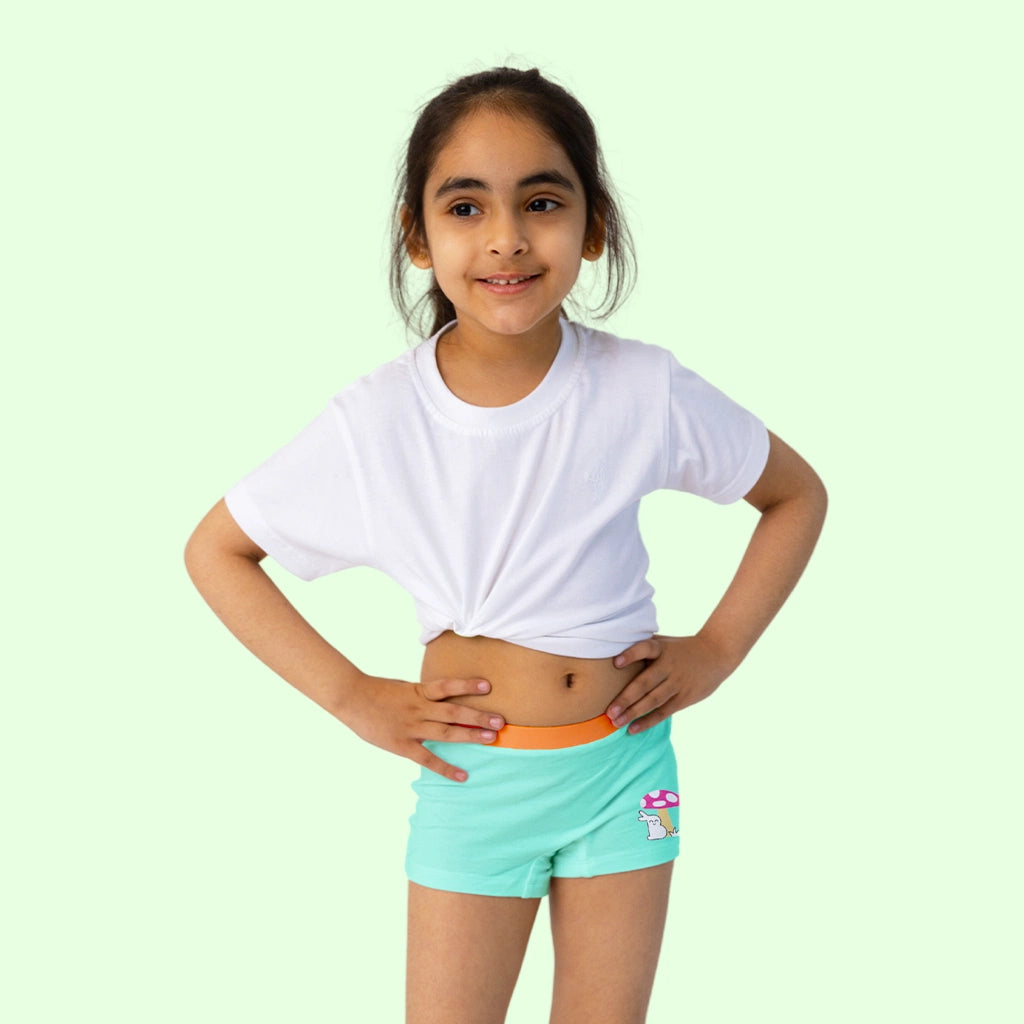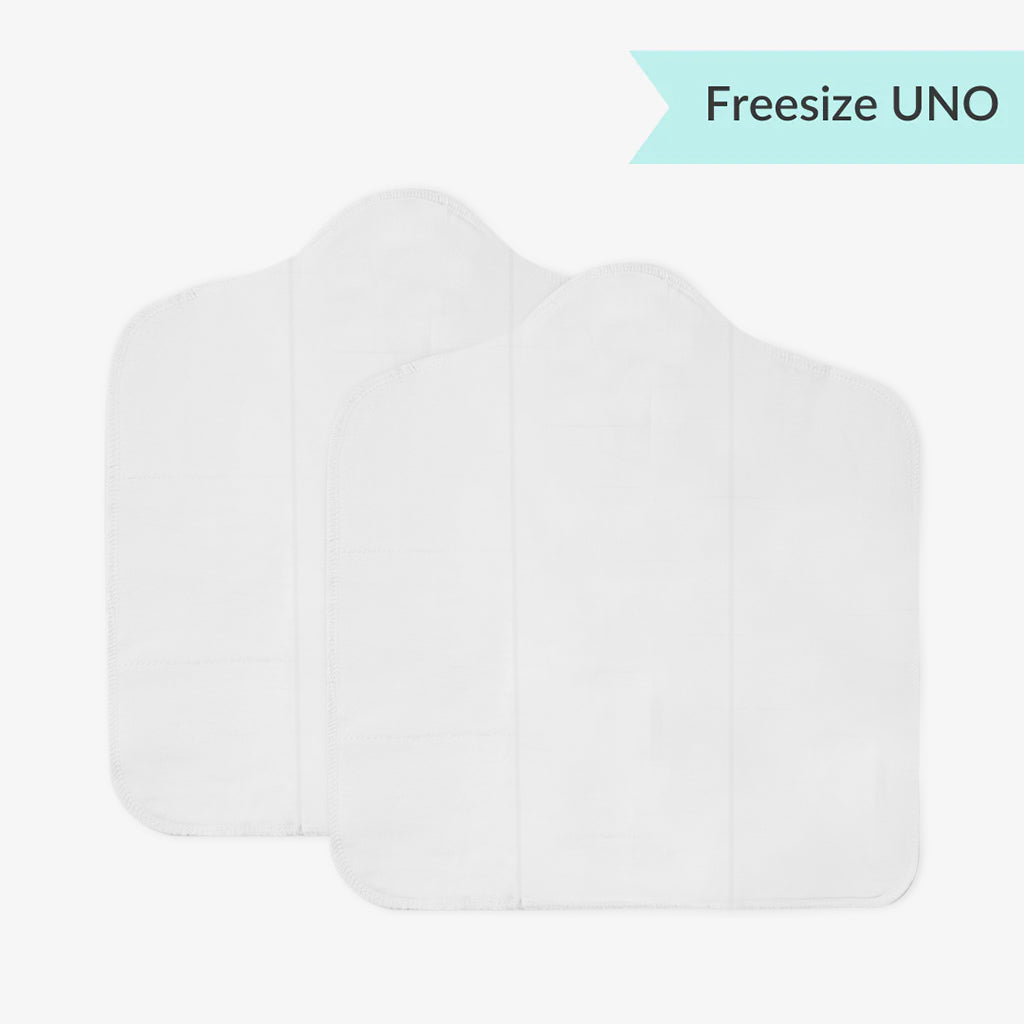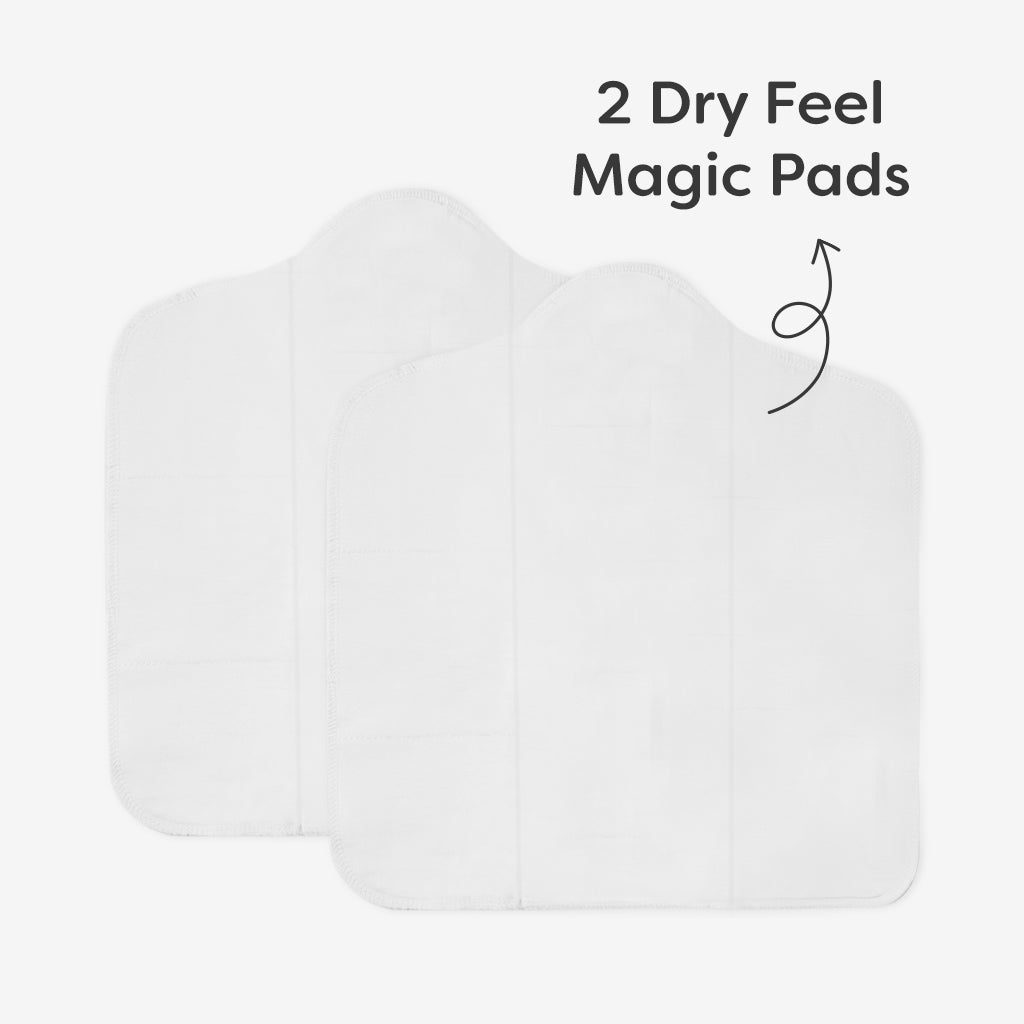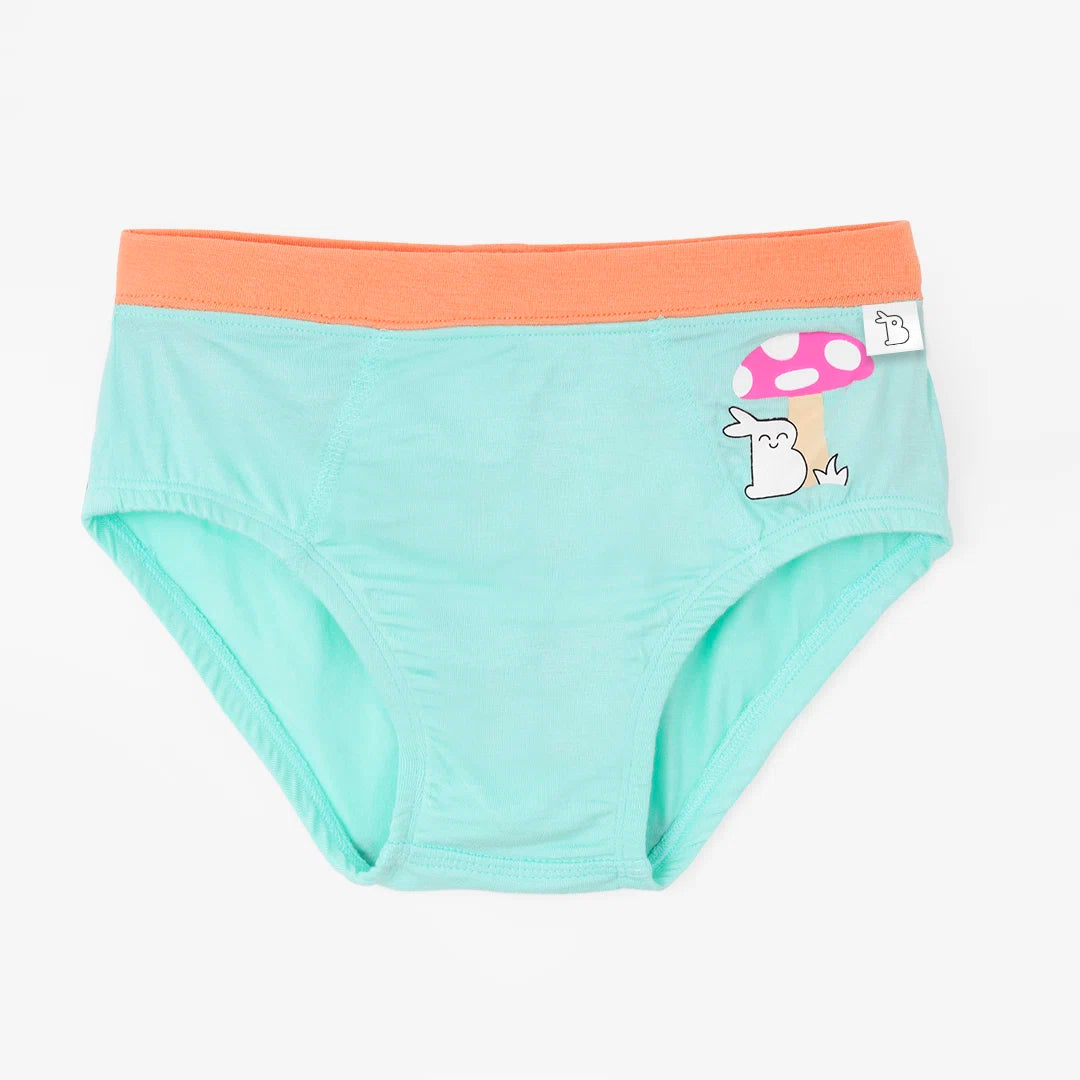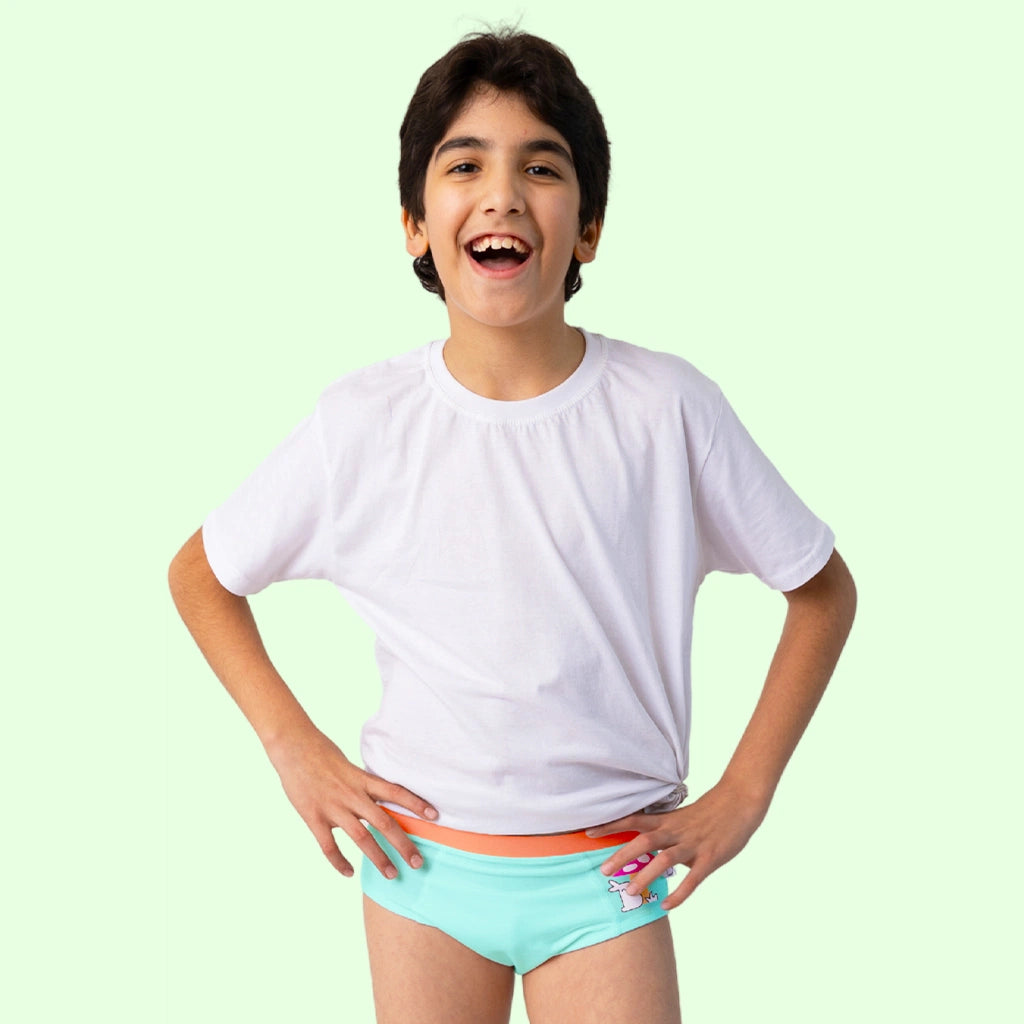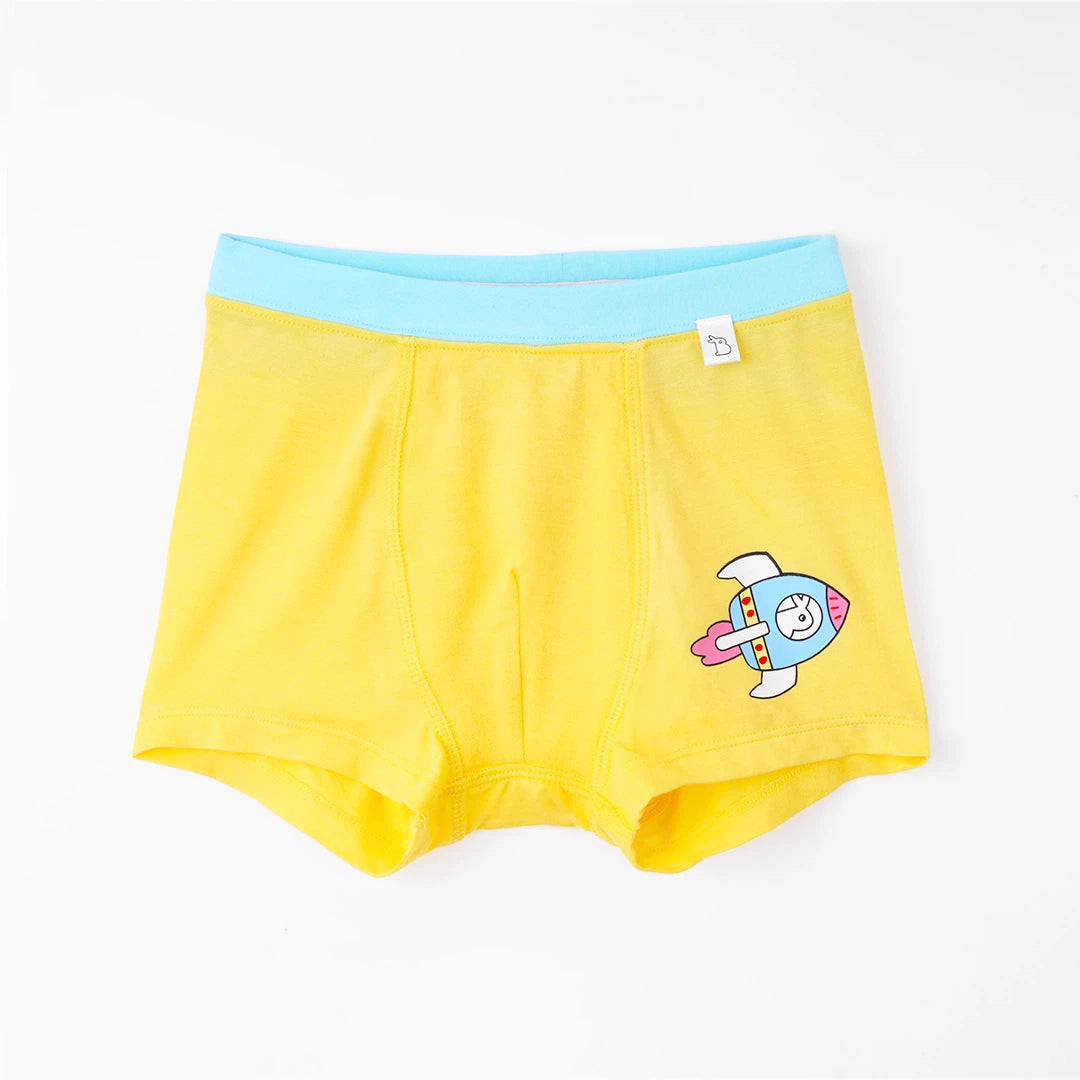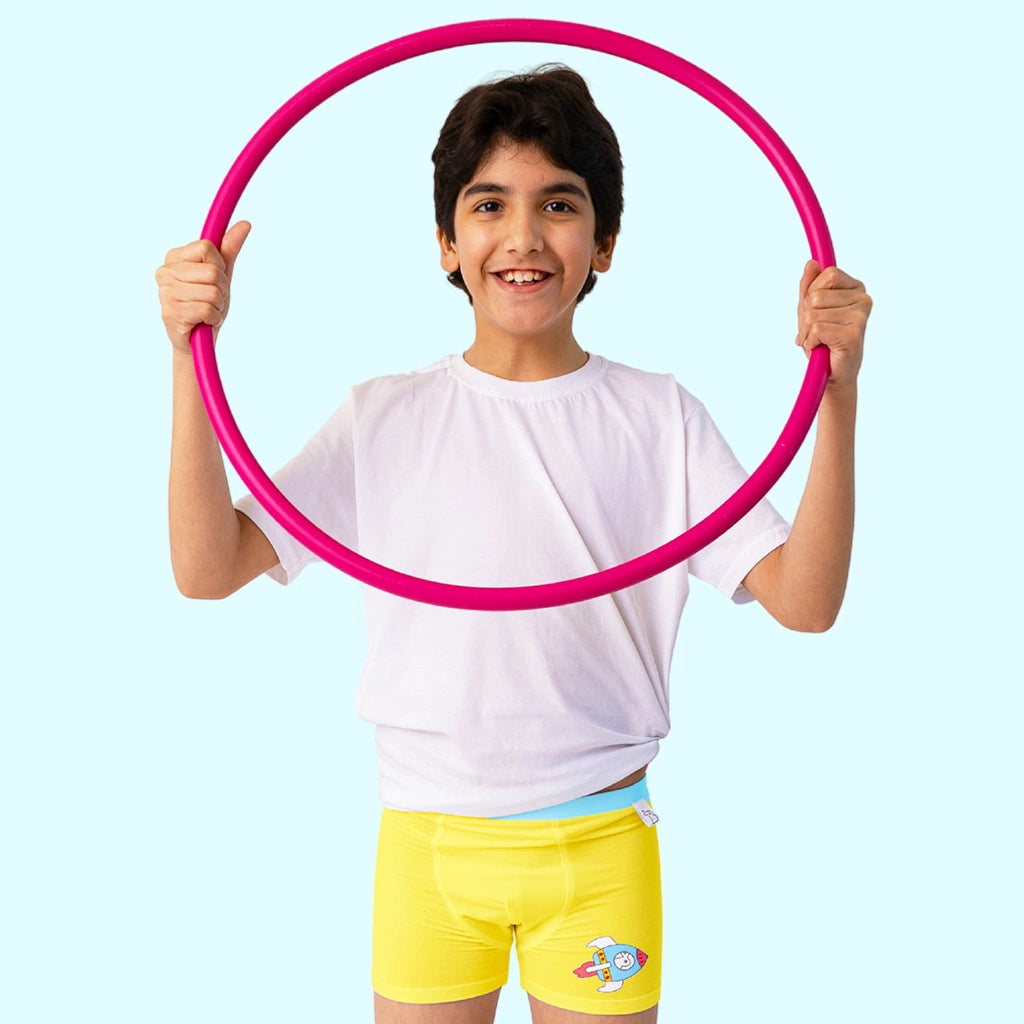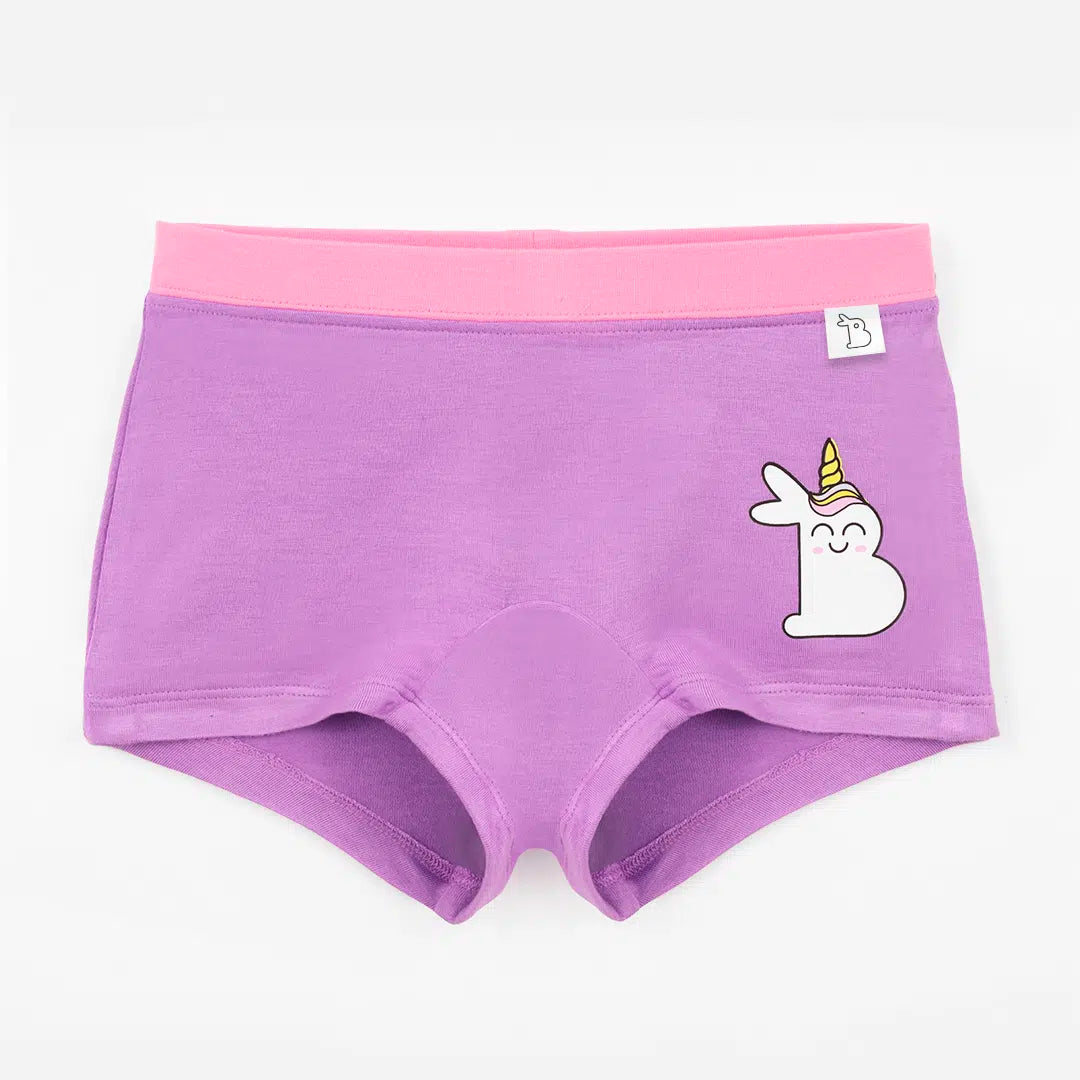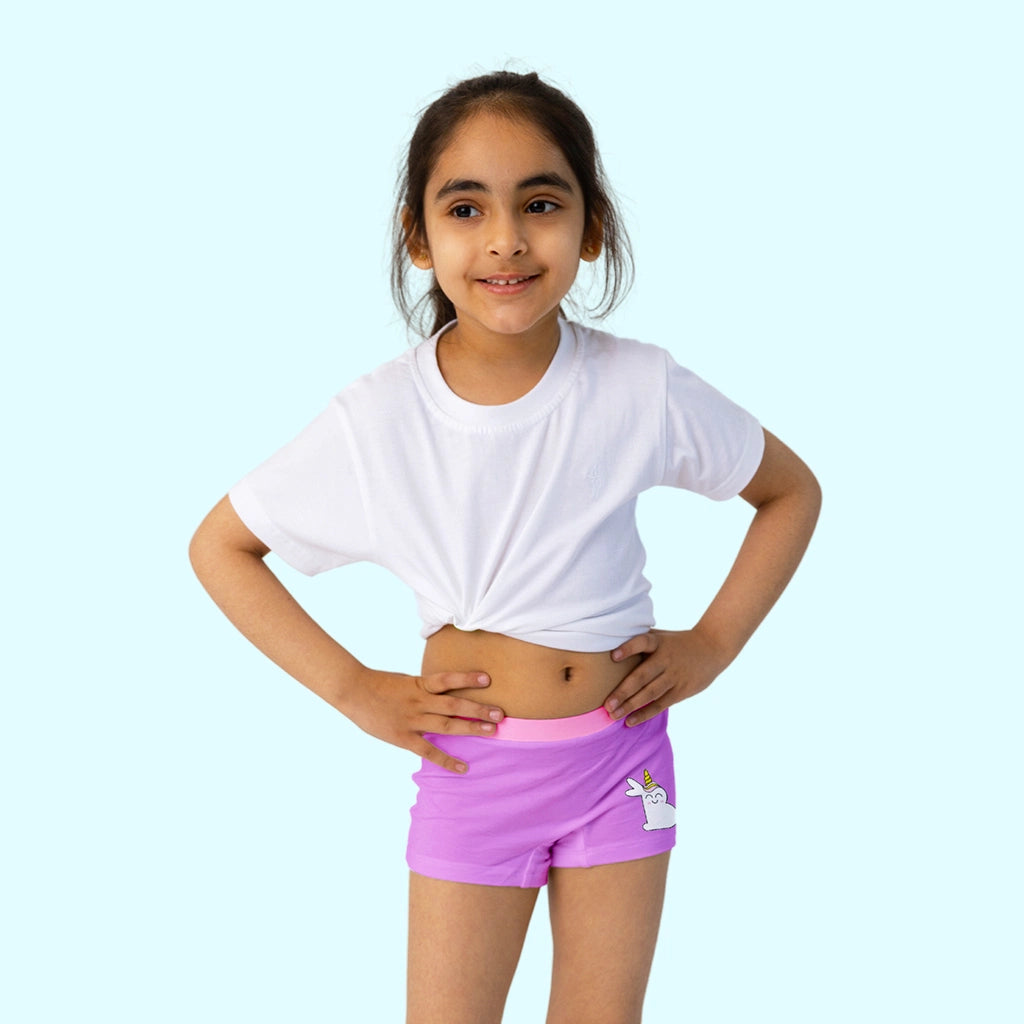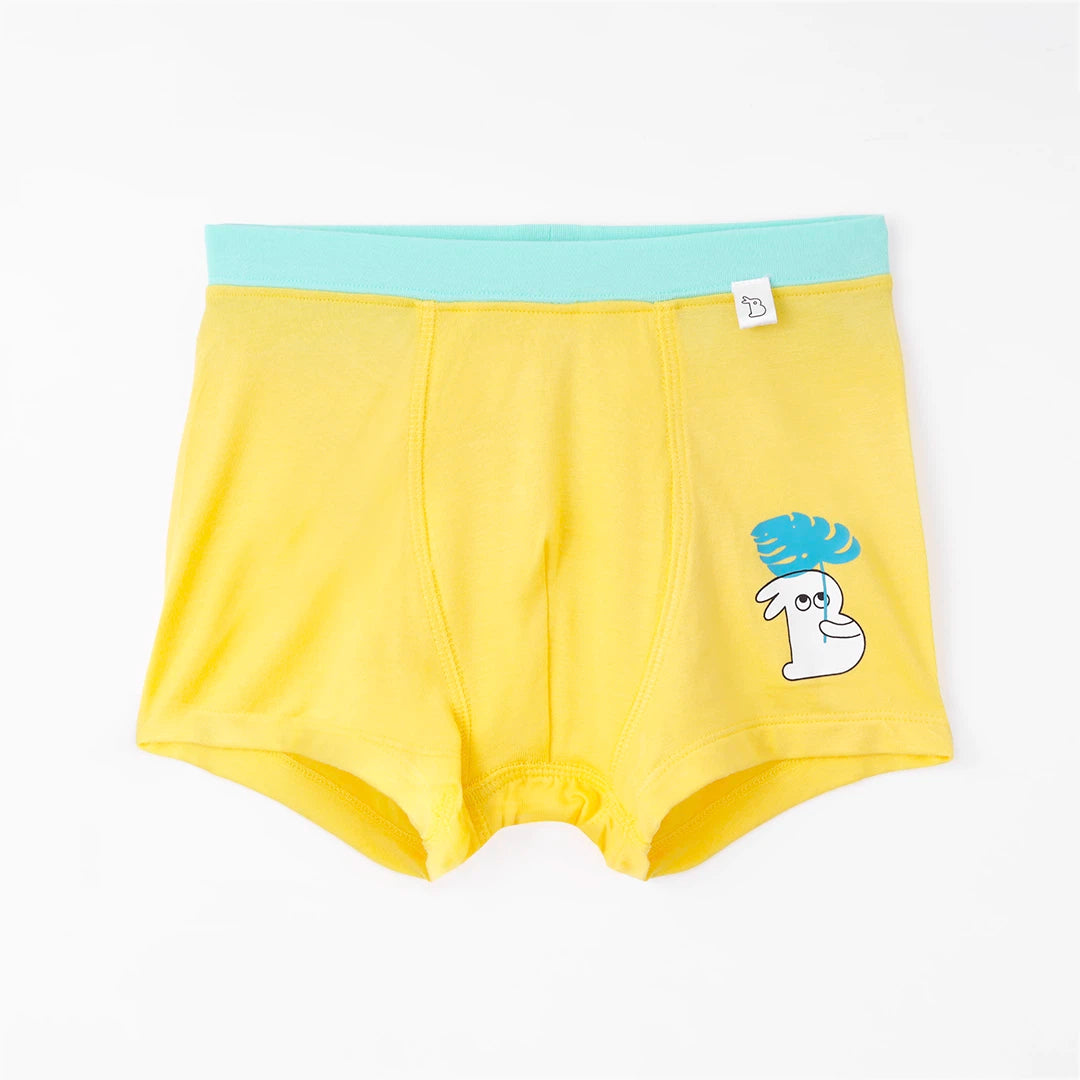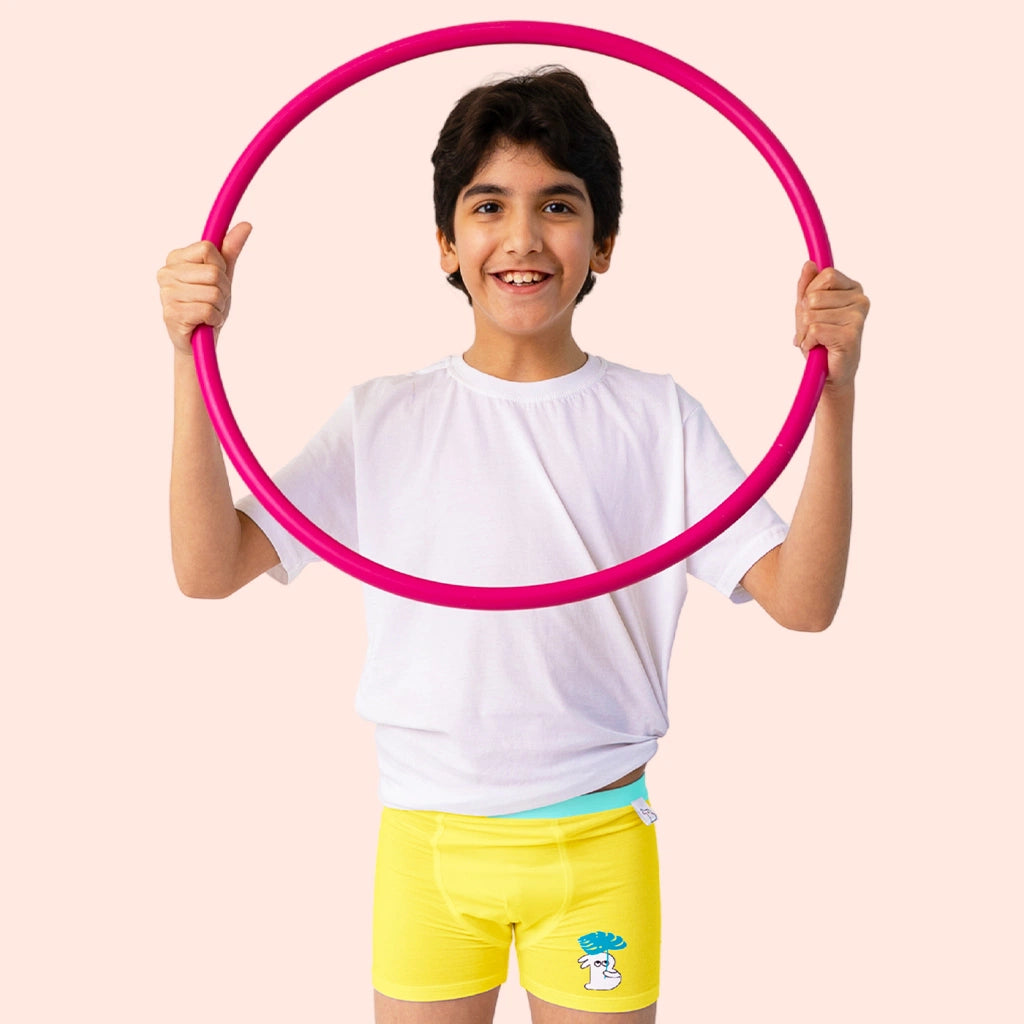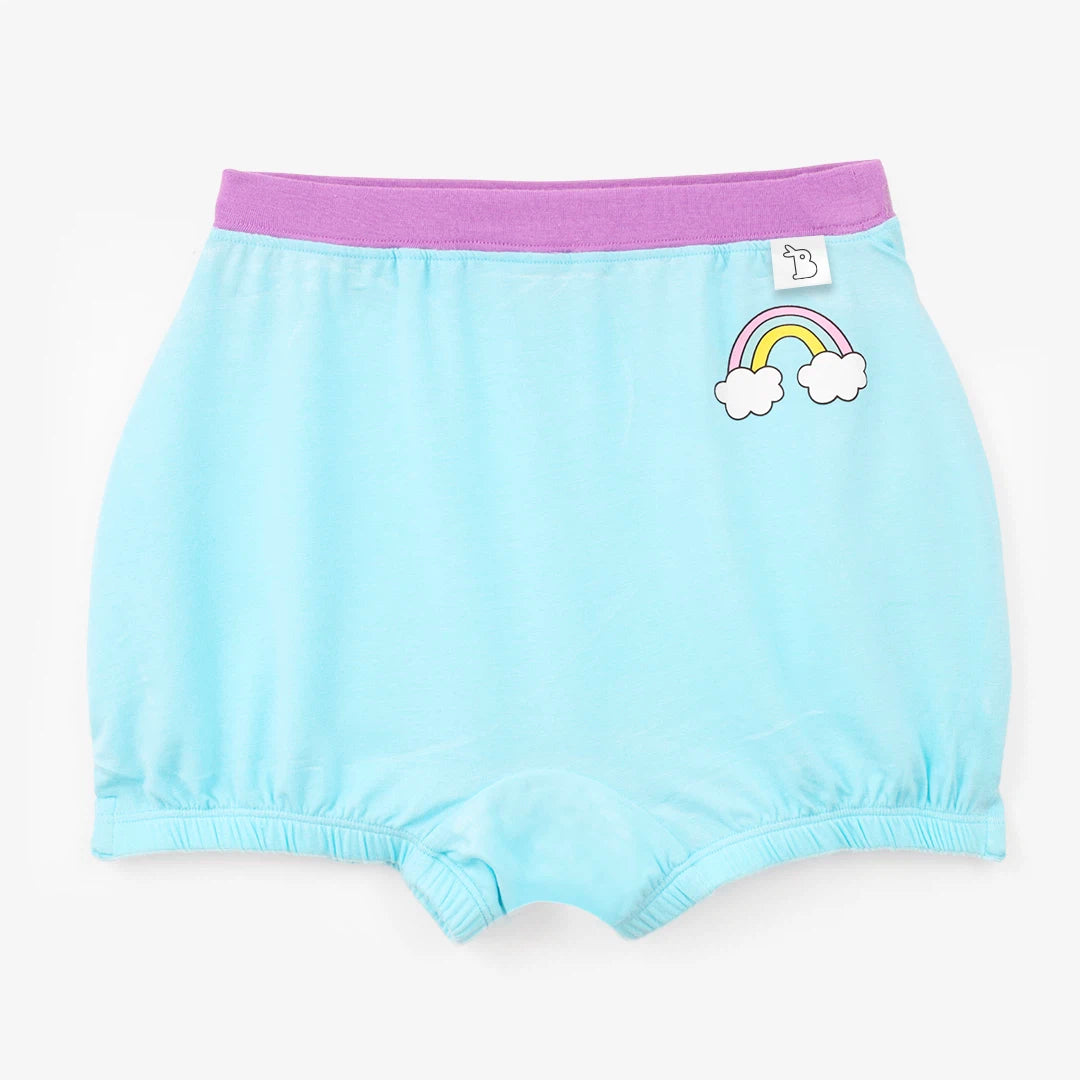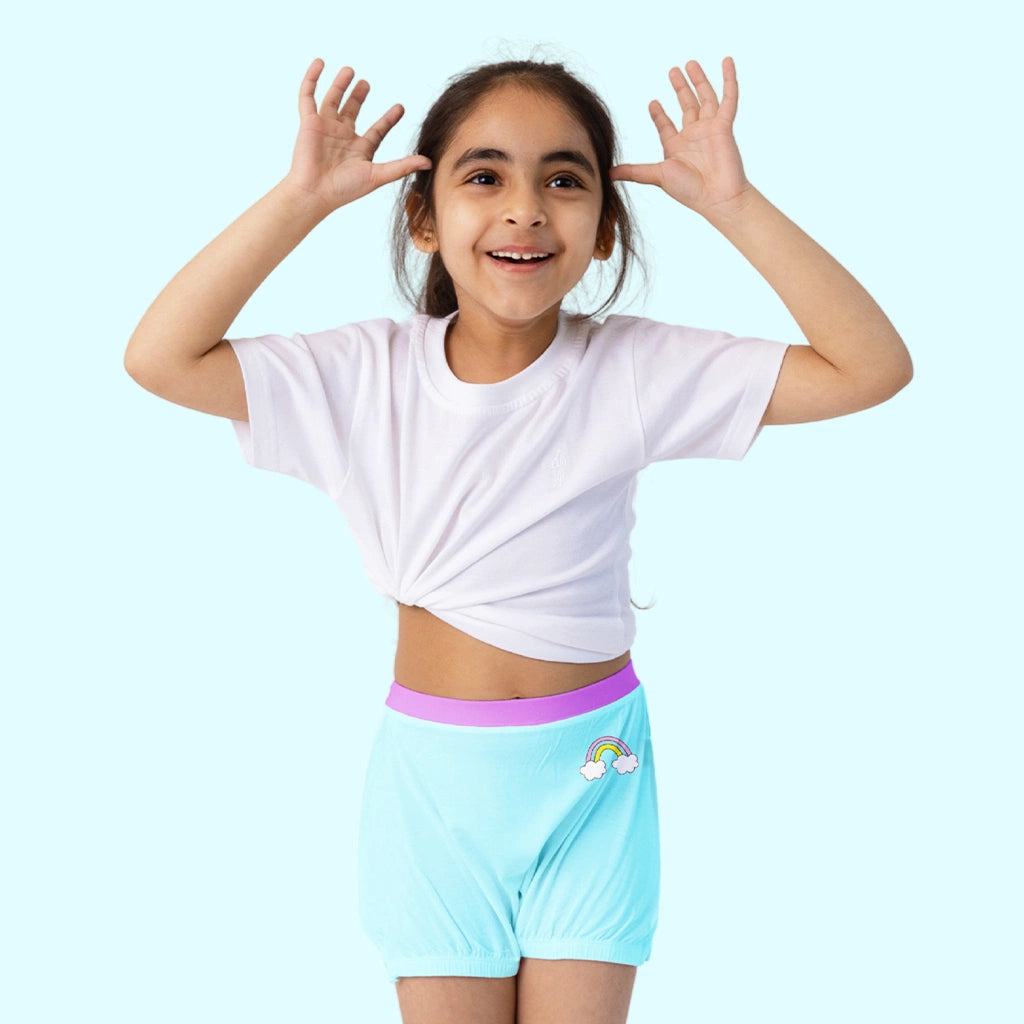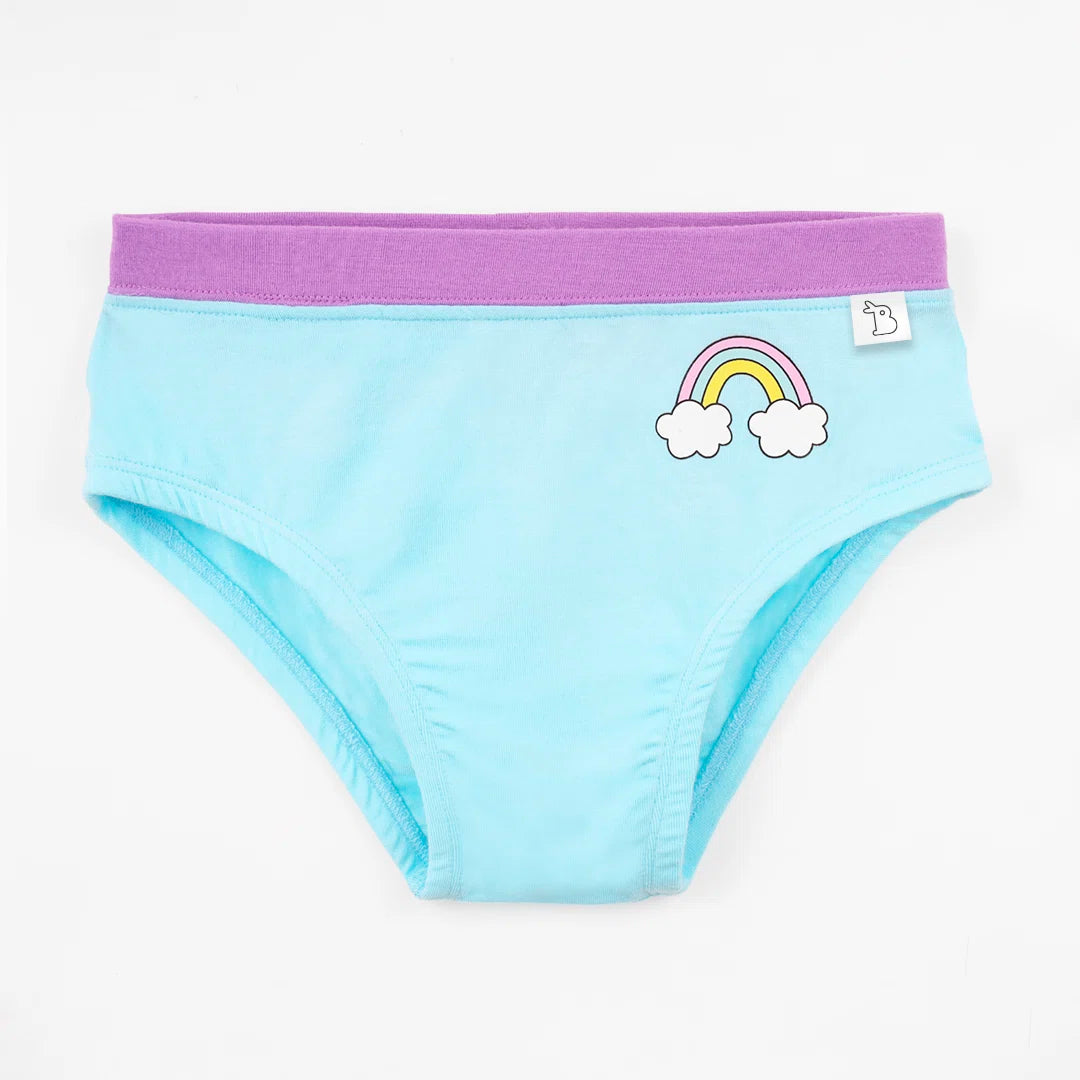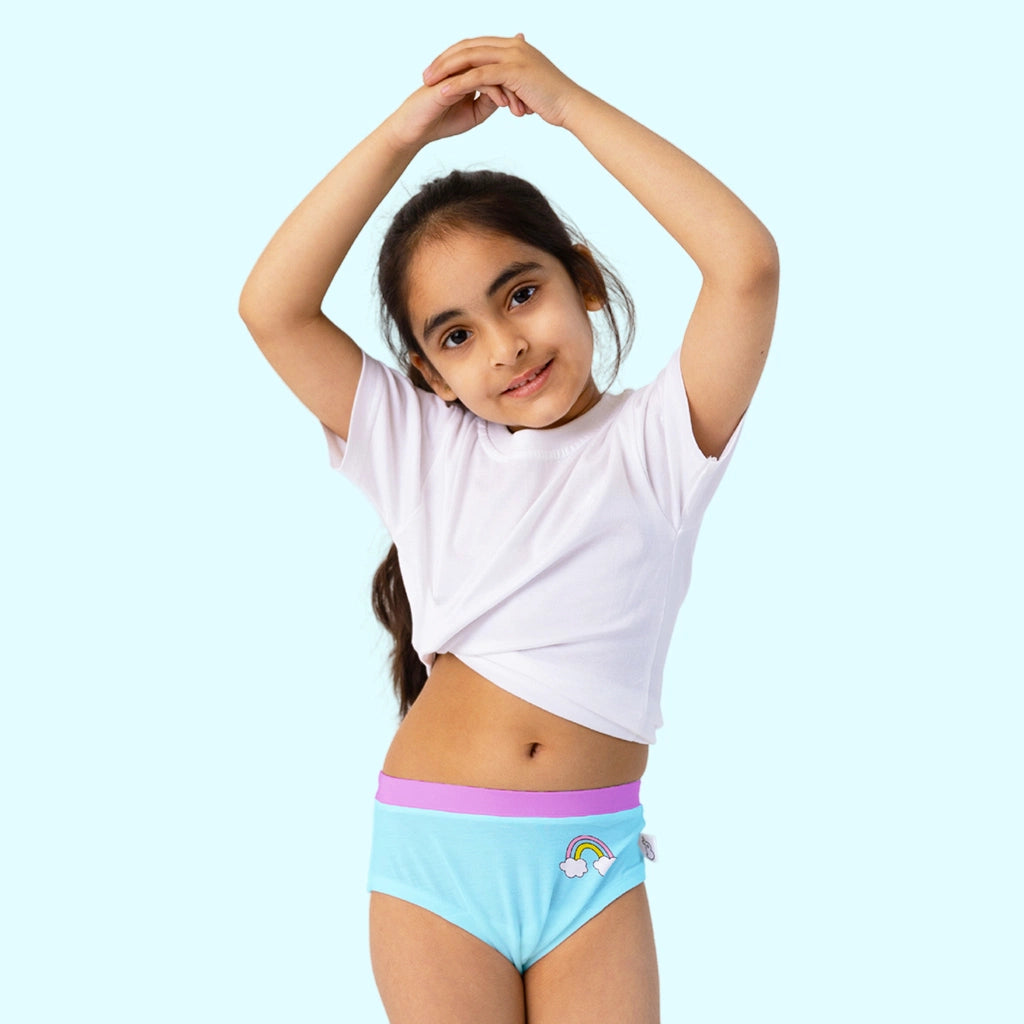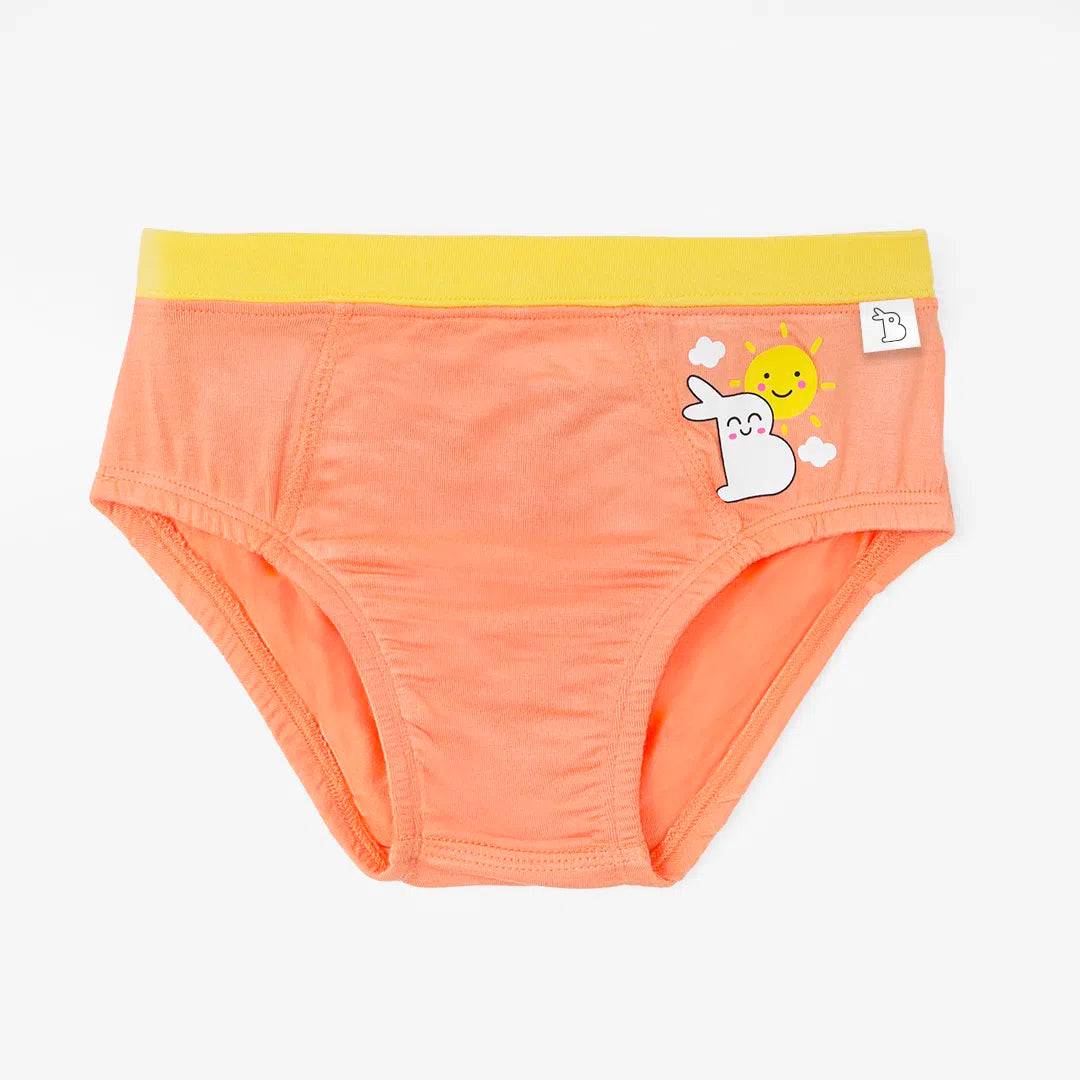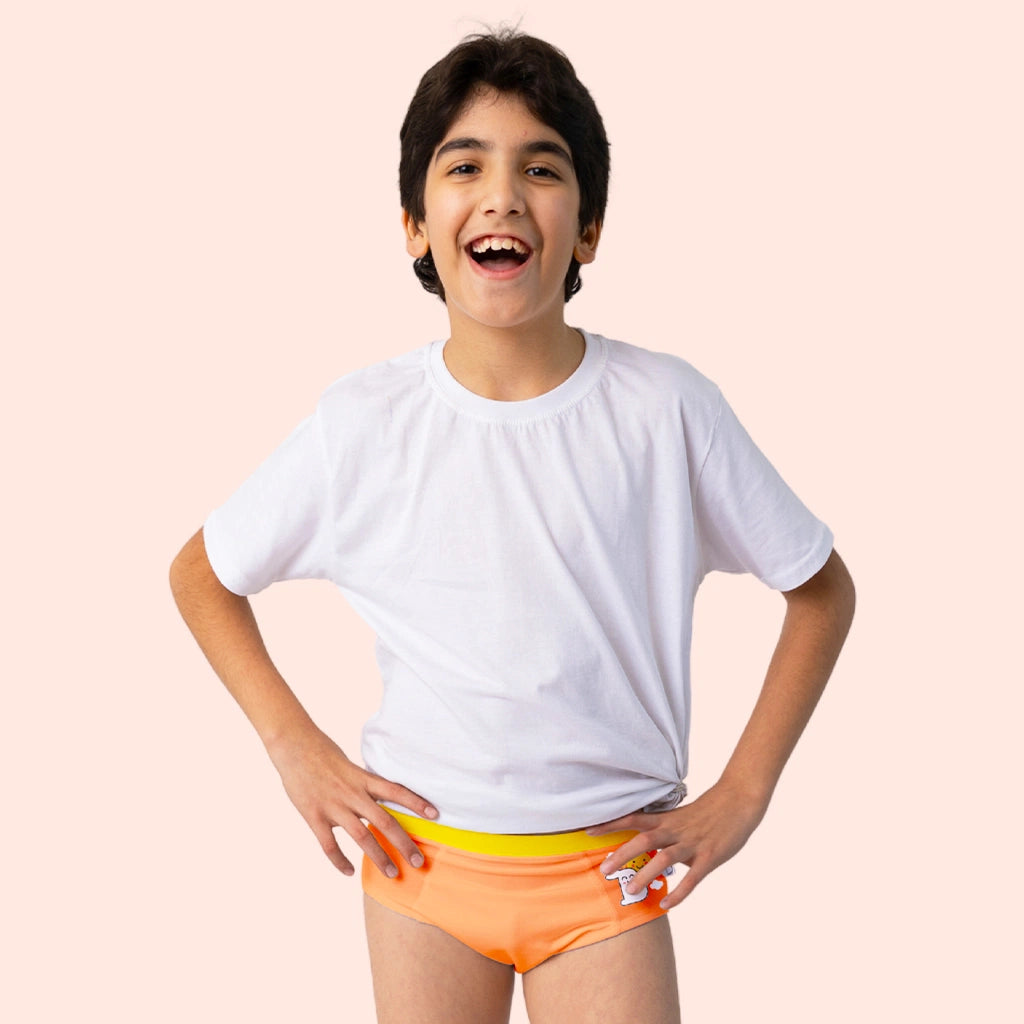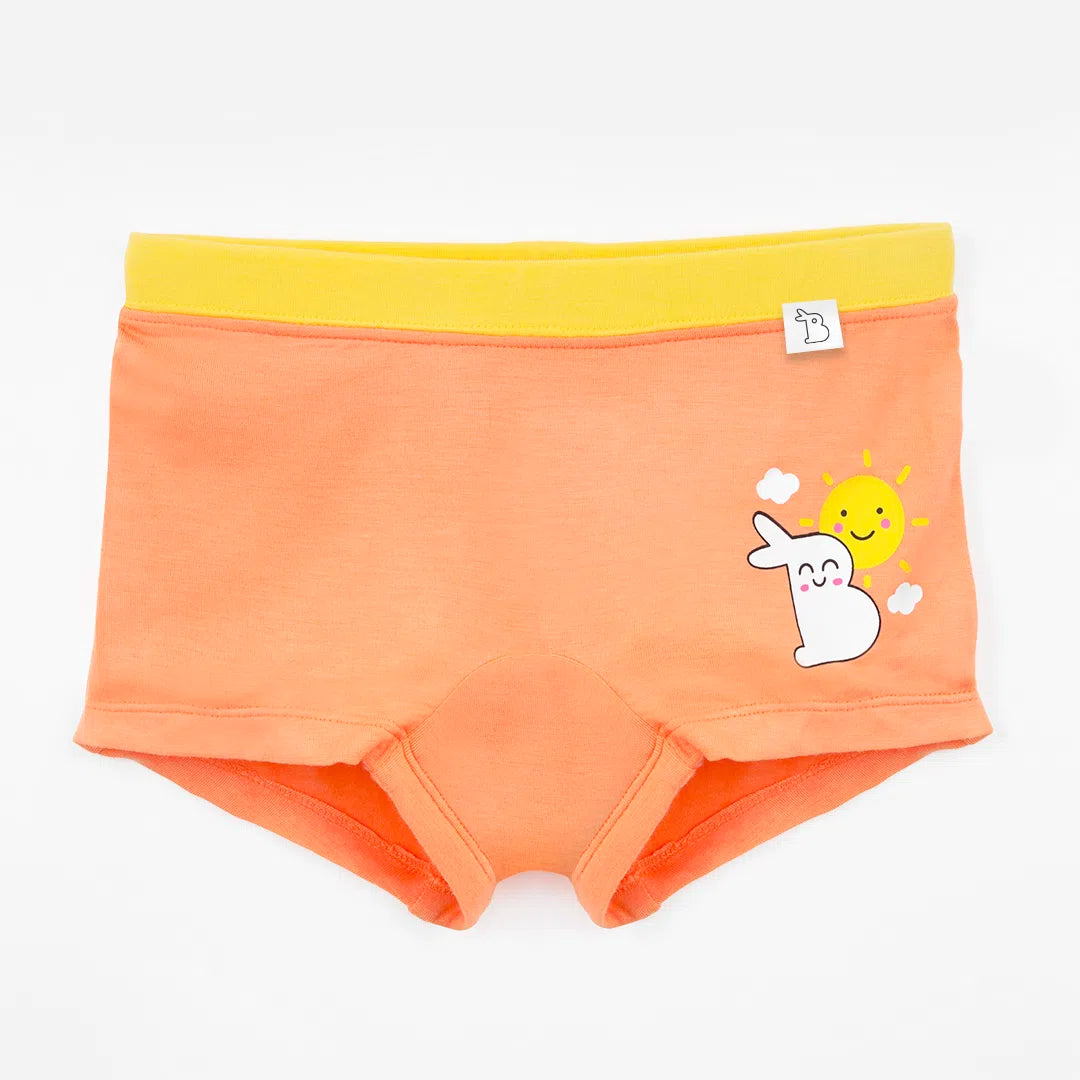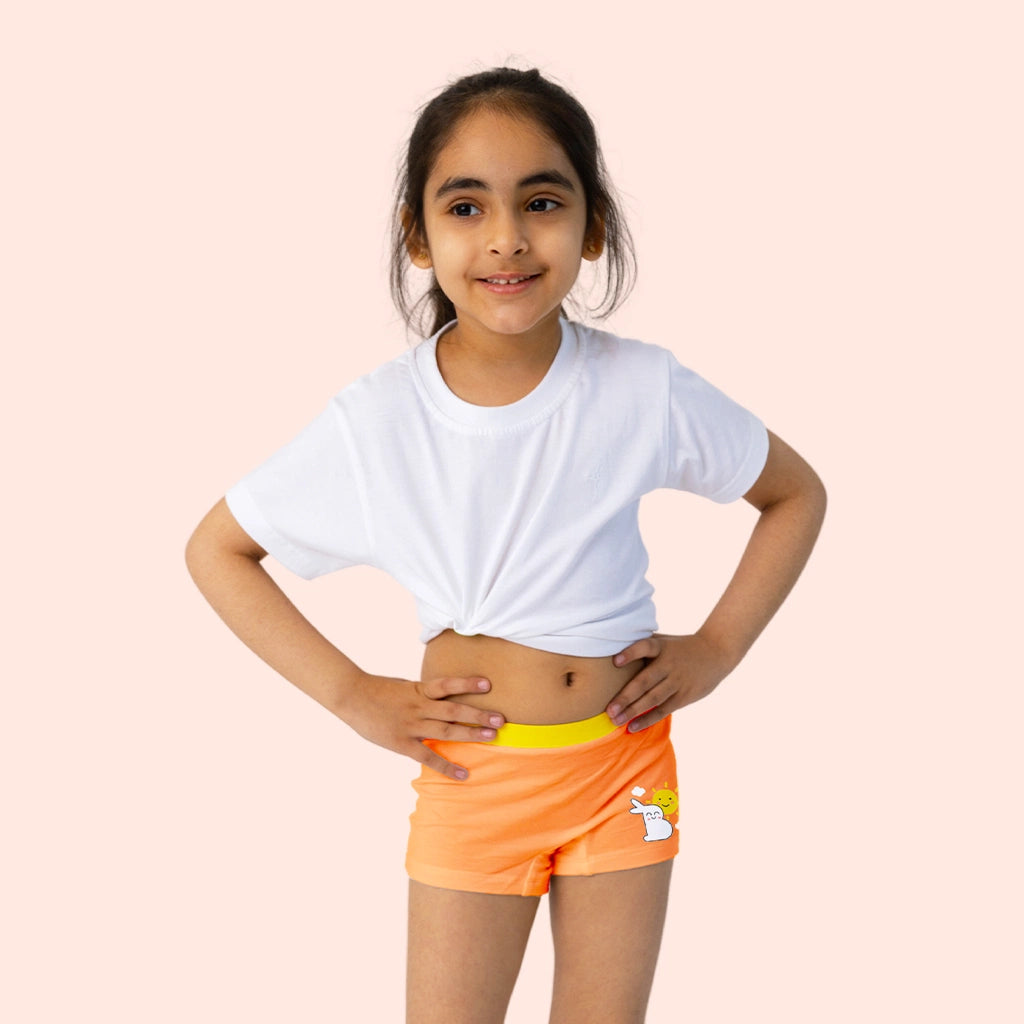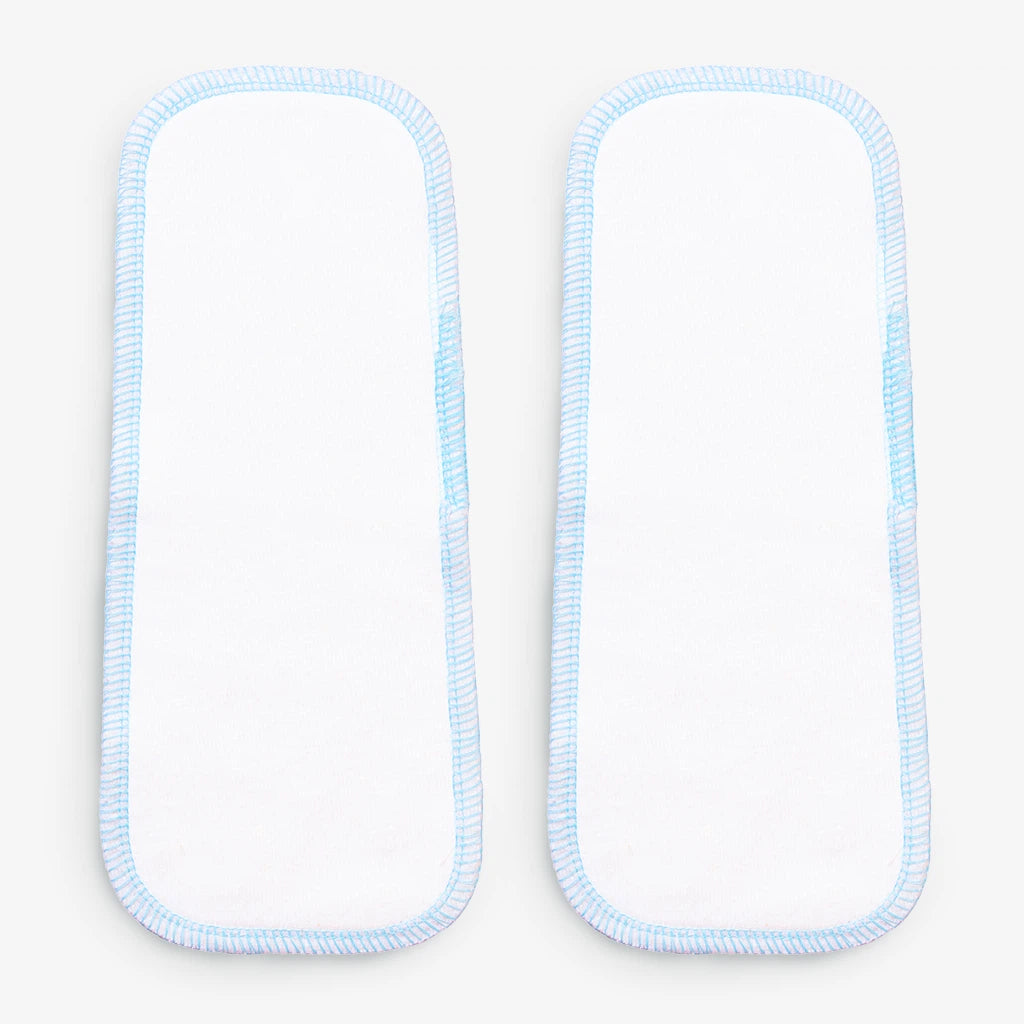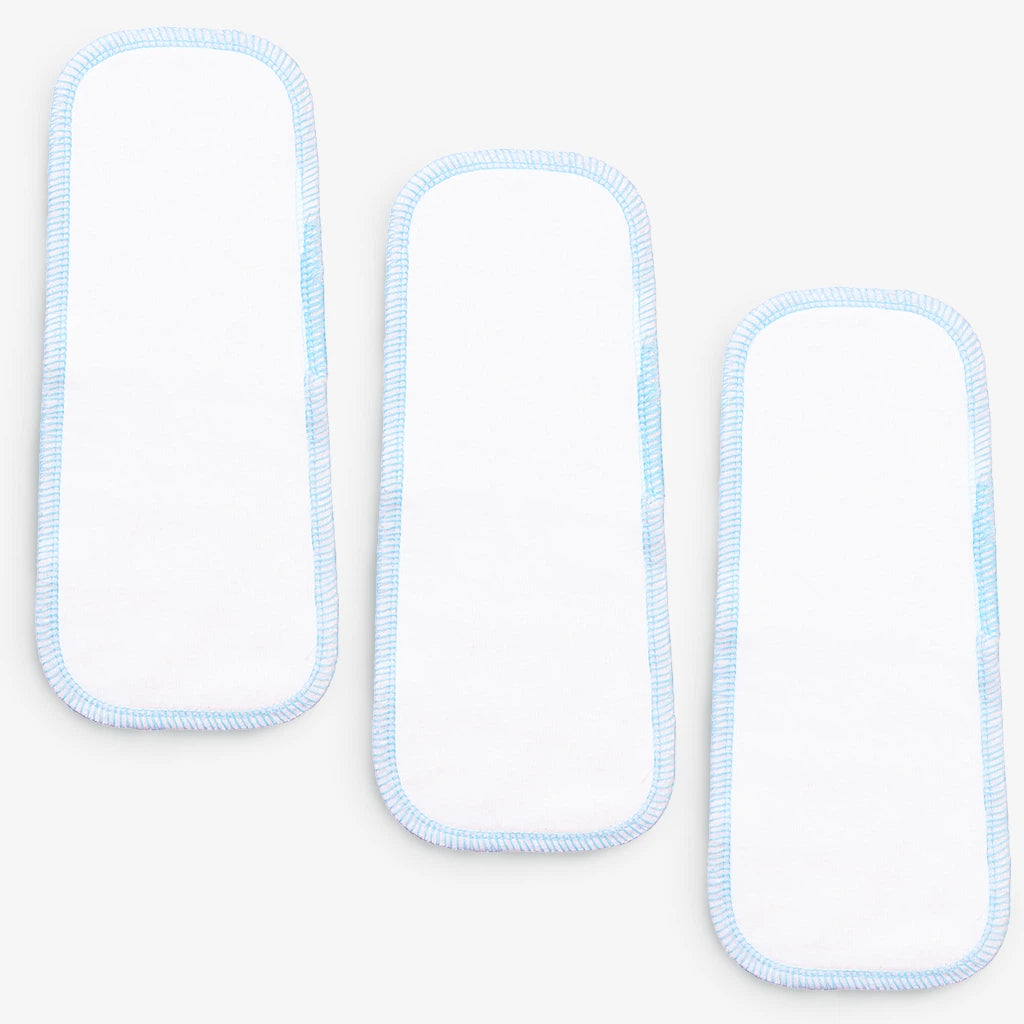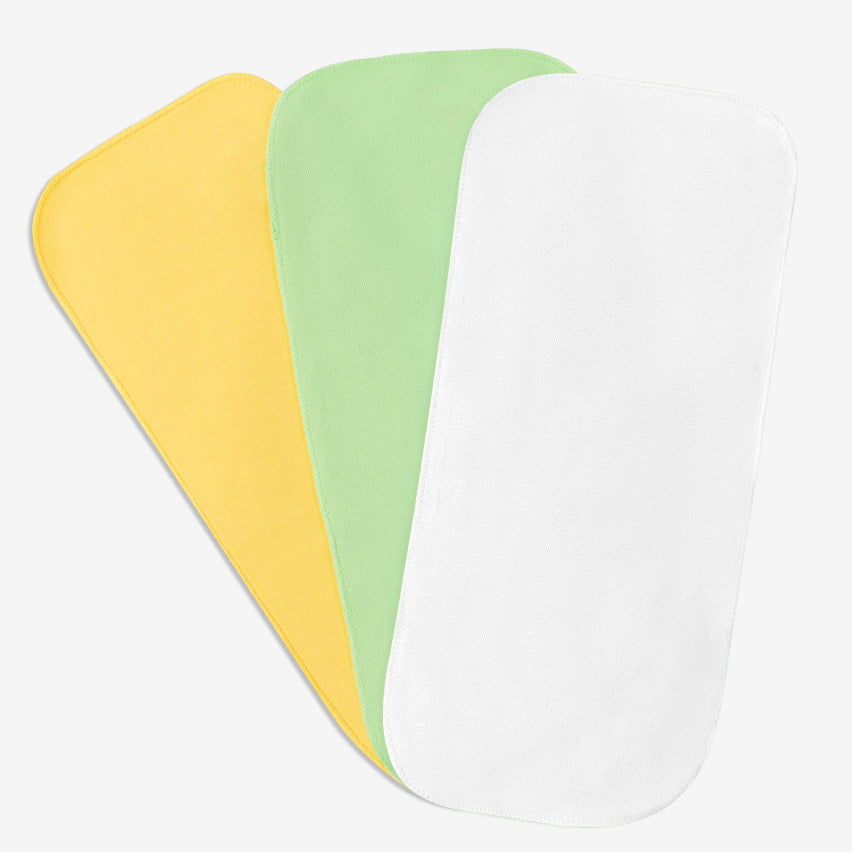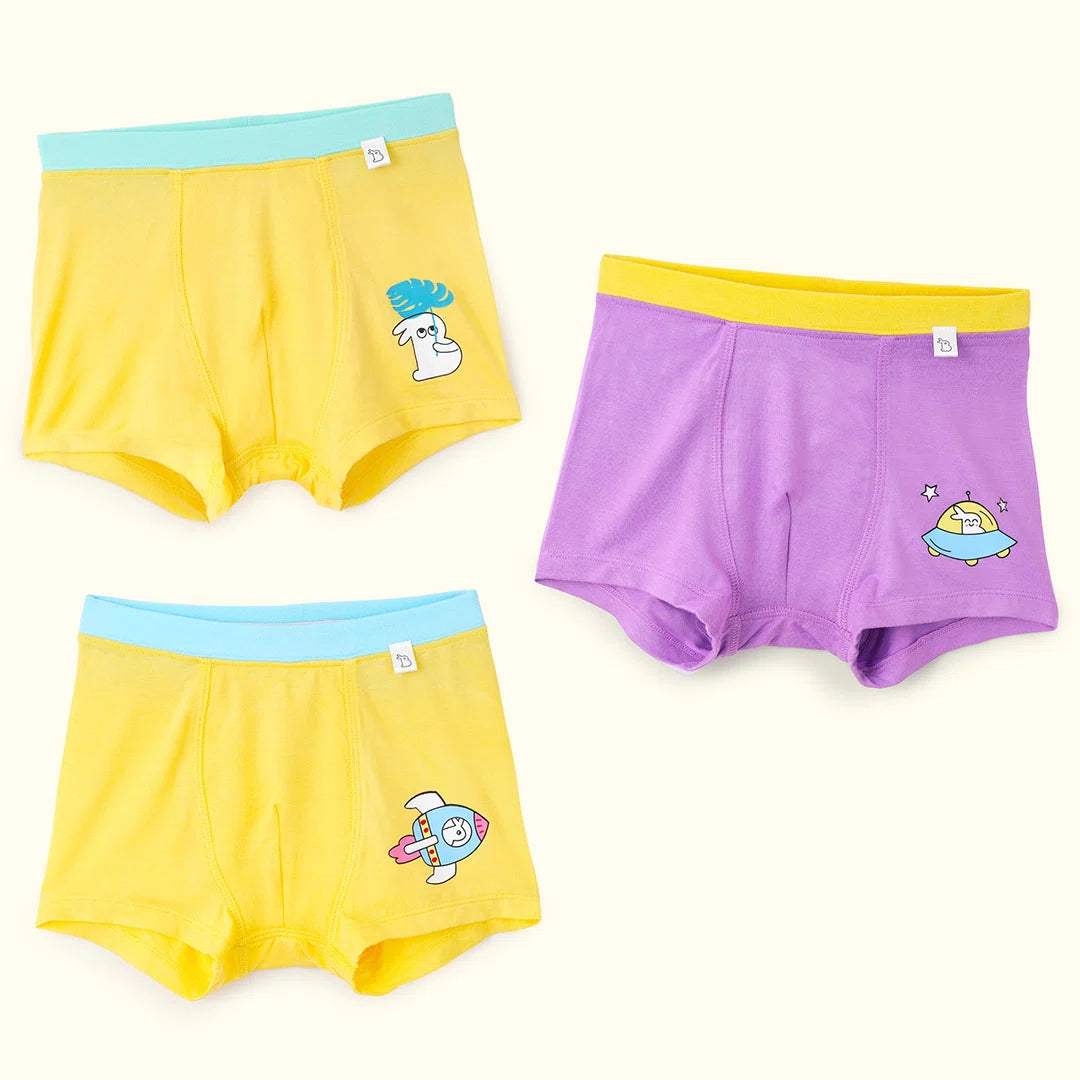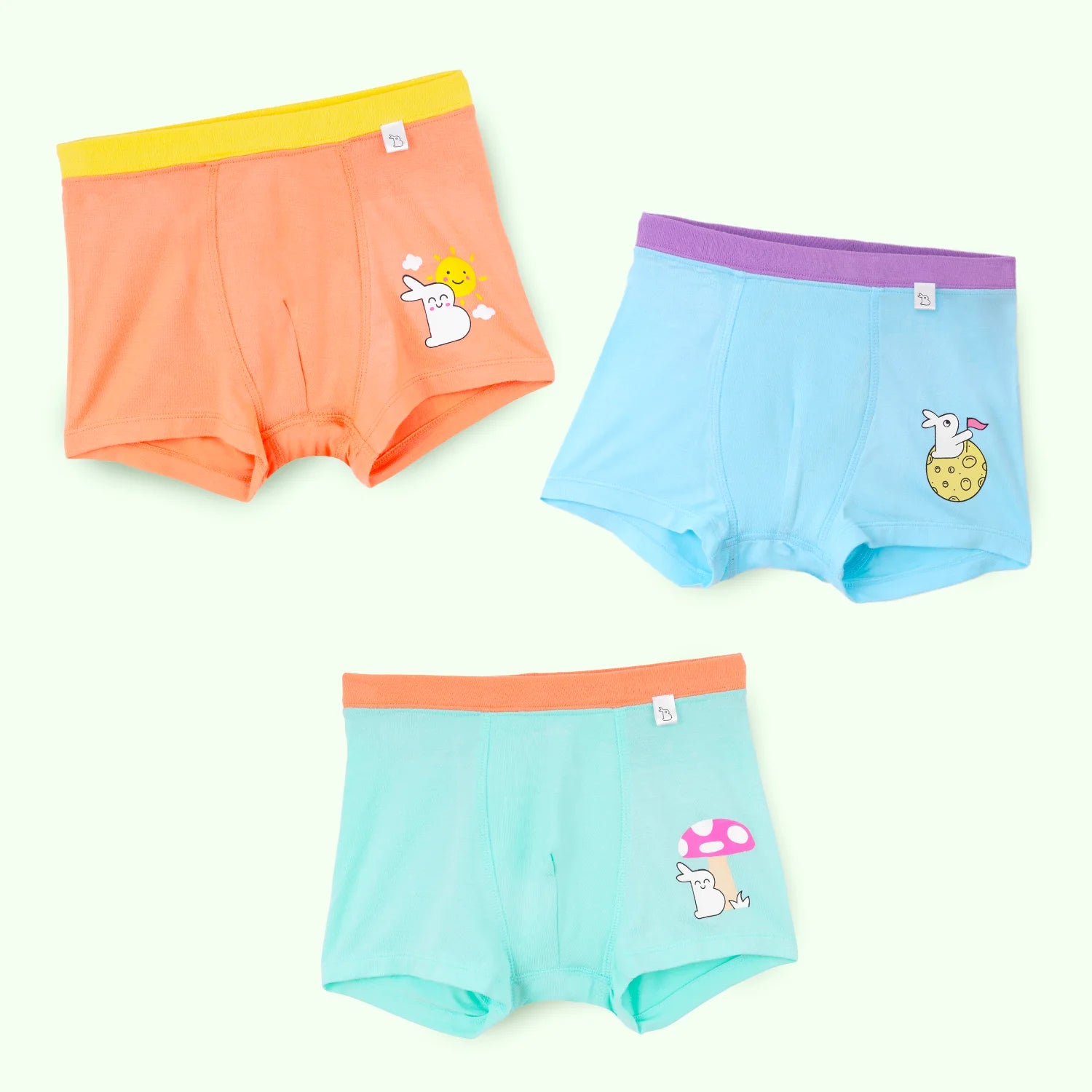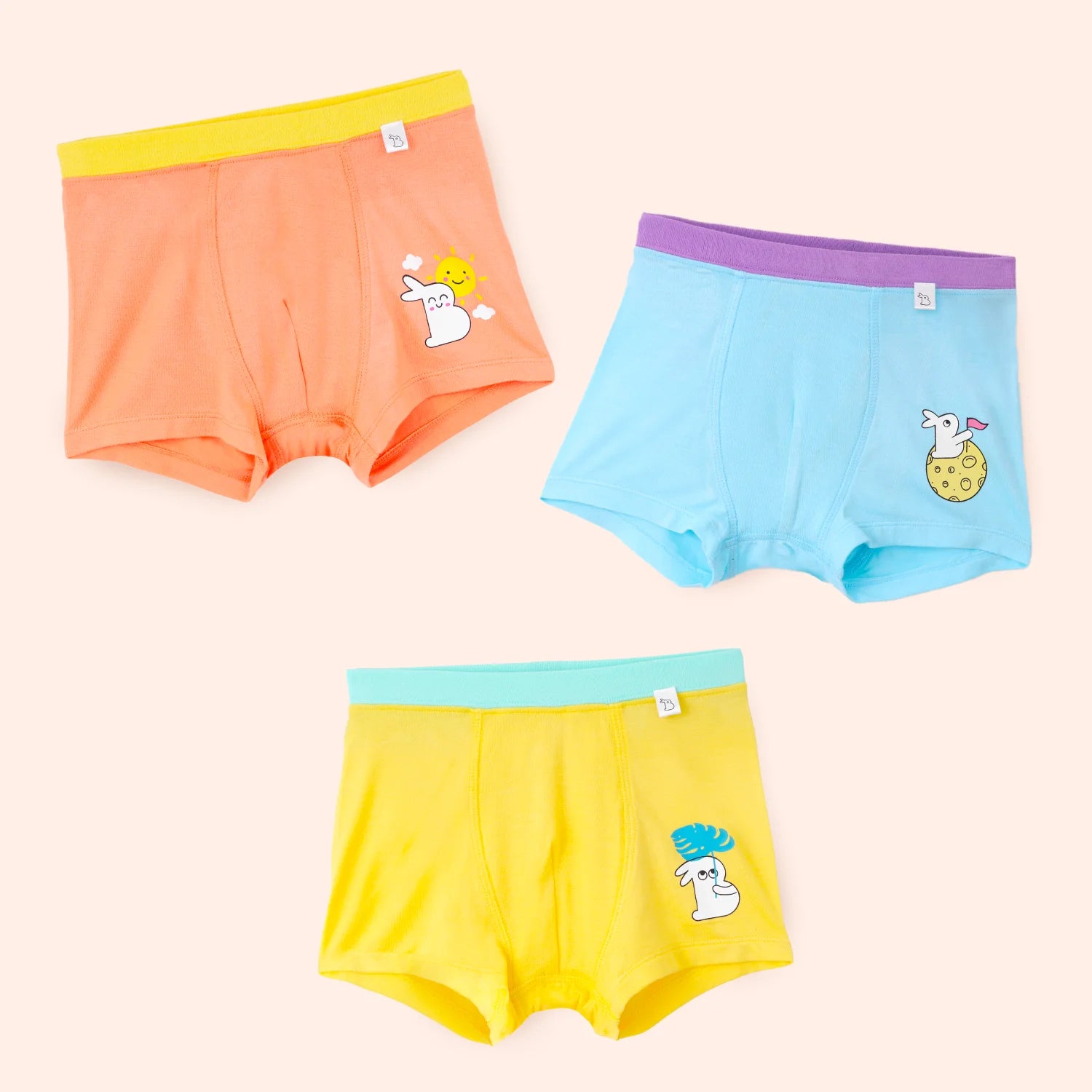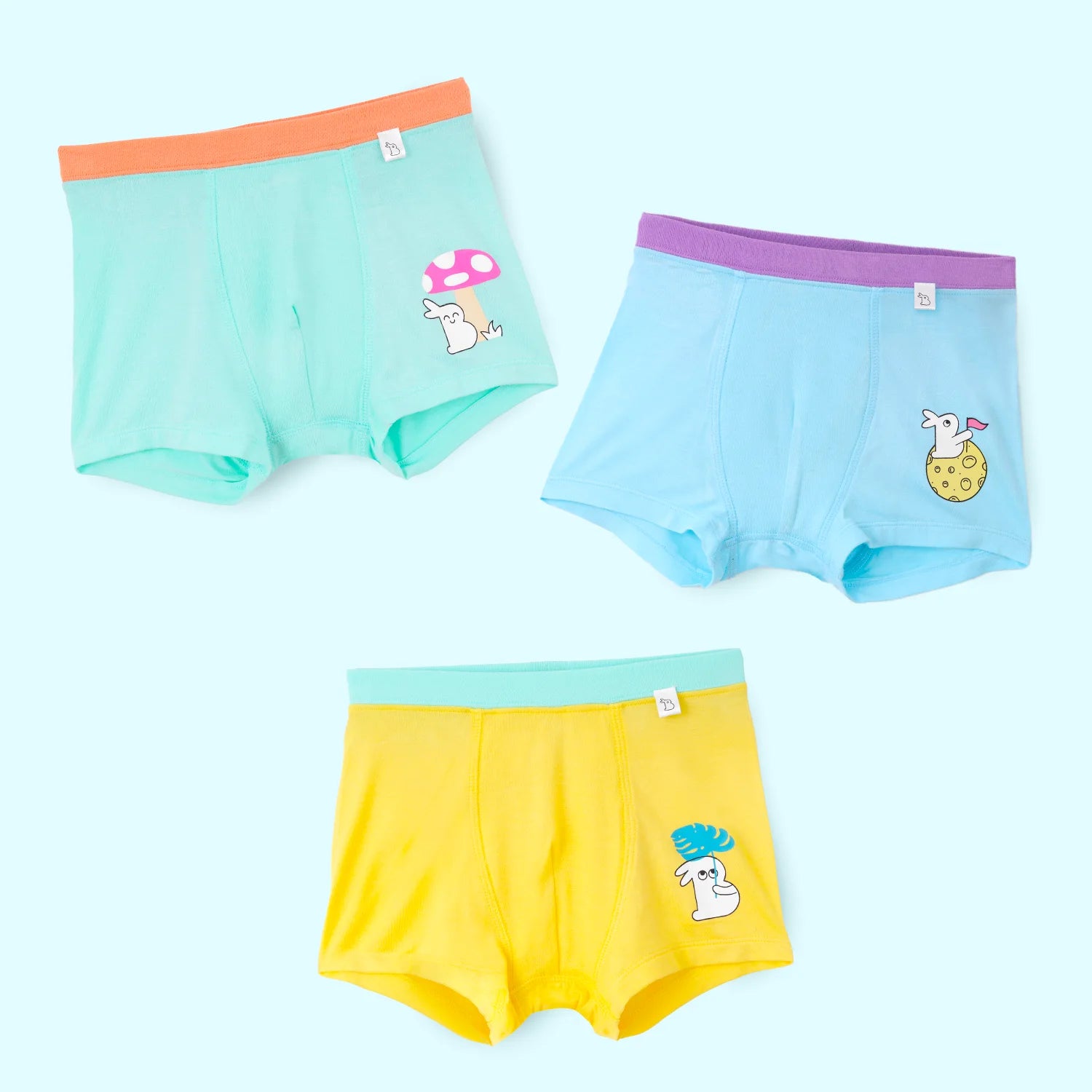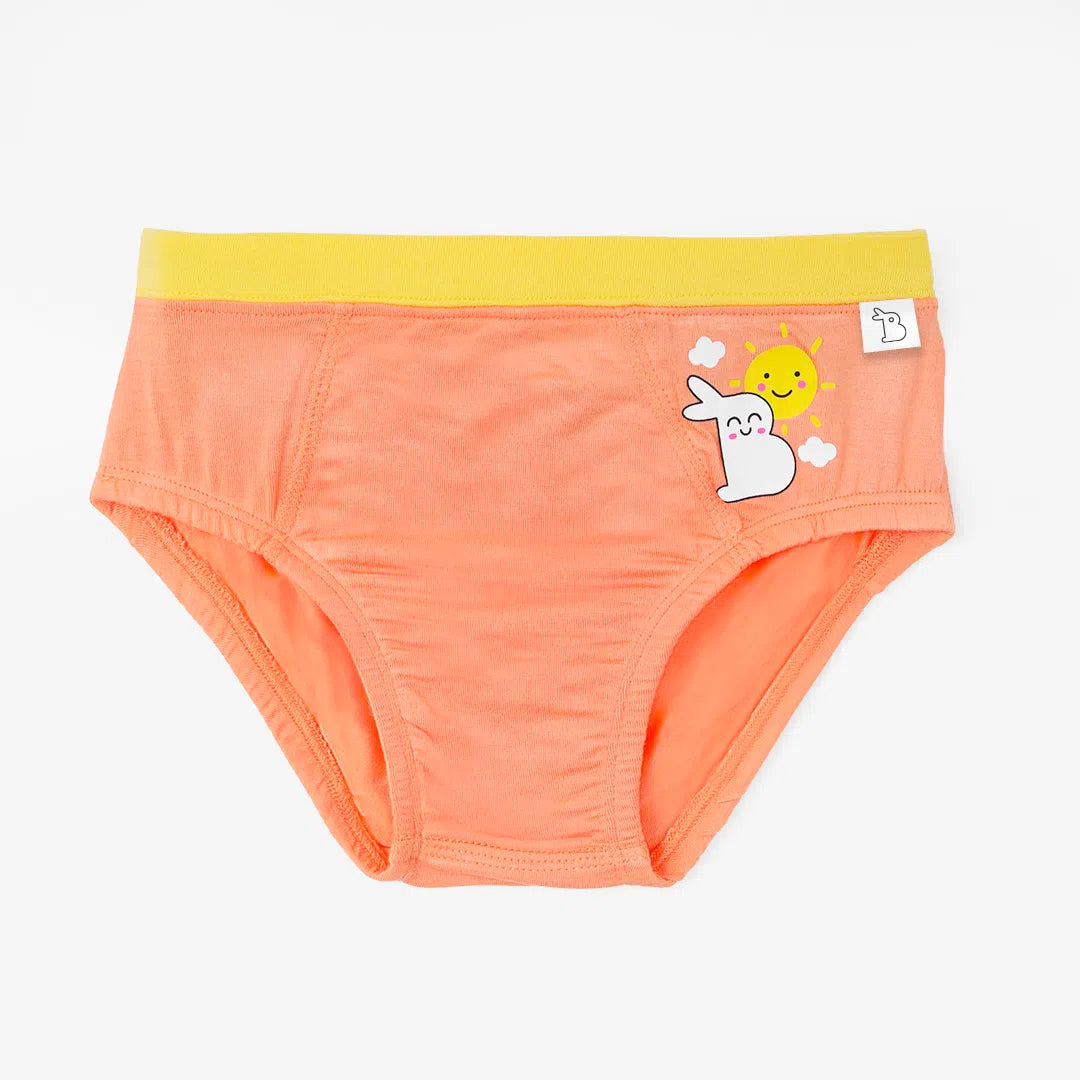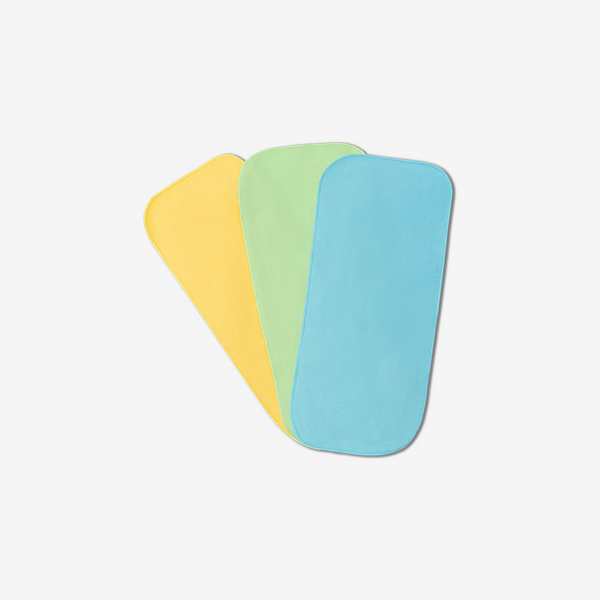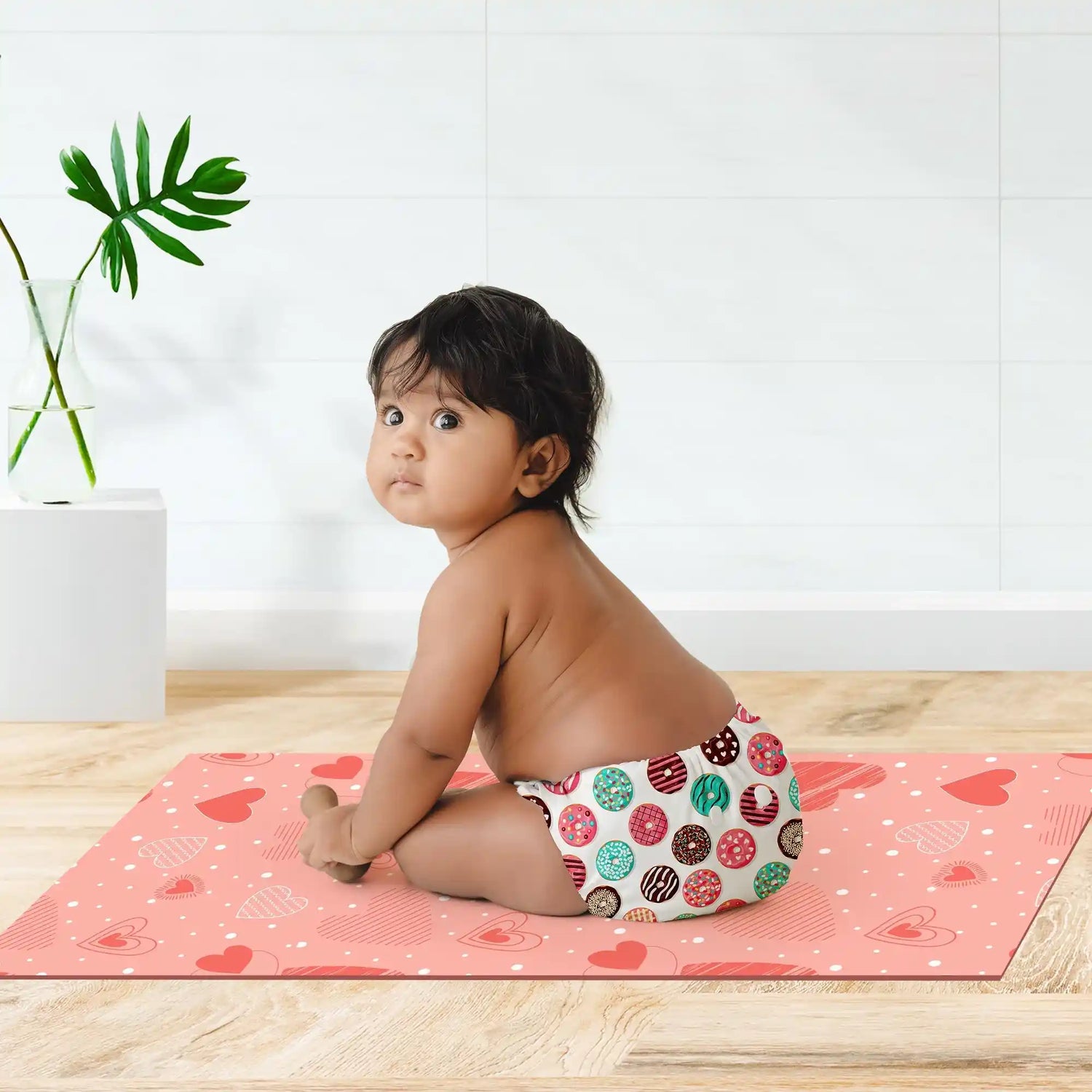• Introduction
•Understanding Stains
•Effective Stain Removal Techniques:
•Natural Stain Removers:
•Preventing Stubborn Stains:
•Benefits of Using Cloth Diapers:
•Key Takeaways:
•FAQs:
•Message From SuperBottoms:
Baby cloth diapers are a popular choice among eco-conscious parents for their sustainability and cost-effectiveness. However, dealing with stains on these diapers can be a hassle. Fear not! This SuperBottoms guide explores effective stain removal techniques, natural remedies, and tips to prevent stubborn stains from ruining your cloth diapers.
Understanding Stains
Before diving into removal techniques, it's essential to understand the types of stains you might encounter on cotton diapers. Common culprits include:
1. Poop Stains: Newborn baby diapers often bear the brunt of this issue. The faecal matter can leave stubborn marks if not treated promptly. Adding Coloured Easy Top Clean Sheets is a great way to add functionality and style to your baby's diapering routine. These liners not only provide an extra layer of protection for your reusable diapers but also come in vibrant colours that can brighten up diaper changes.
2. One of the significant advantages of using reusable diaper liners is their ease of use when it comes to removing poop stains.
3. Urine Stains: These stains might not be as visually prominent as poop stains, but they can still cause discoloration and odour if left untreated.
4. Food Stains: As babies transition to solid foods, food stains become more prevalent on newborn cloth diapers. Carrot puree, anyone?
5. Diaper Cream Stains: While diaper creams protect delicate skin, they can leave greasy stains on washable diapers if not properly rinsed off.
Effective Stain Removal Techniques:
Now, let's tackle those stains head-on with some simple yet effective techniques:
1. Sunlight Bleaching: Harness the sun's power by drying freshly washed diapers in direct sunlight. Sunlight naturally bleaches stains and eliminates odour—it's like magic!
2. Presoaking: Pre Soaking the washable diapers in cold water and a gentle detergent can work wonders for stubborn stains. Let them soak for a few hours or overnight before washing as usual.
3. Stain Treating Solutions: Commercial stain removers or homemade solutions like baking soda and vinegar can be applied directly to the stained areas before washing. Remember to spot tests on a small area first!
4. Boiling Method: Boiling newborn baby diapers in water with a splash of lemon juice or vinegar can help lift tough stains. However, avoid boiling diapers with elastic components to prevent damage.
5. Enzyme Cleaners: Look for enzyme-based cleaners specifically designed for baby cloth diapers. These cleaners break down organic matter, making stains easier to remove.
6. Superior increase in absorbency: It is true that the more you wash cloth diapers, especially those made from natural fibers, the better their absorbency becomes.
Natural Stain Removers:
If you prefer to go the natural route, several household items can serve as effective stain removers:
1. Lemon Juice: Lemon juice's citric acid is a natural bleaching agent. Dab some lemon juice onto the stained area and let it sit for a few minutes before washing.
2. Hydrogen Peroxide: This household staple is excellent for tackling tough stains. Mix equal parts hydrogen peroxide and water, apply to the stain, and let it sit for a few minutes before washing. Use 3% hydrogen peroxide (standard) and put 1/4 to 1/2 cup into the bleach compartment during your wash cycle.
Make sure to follow the wash with multiple rinses to ensure the peroxide is out of the diapers. Peroxide can also turn your diapers a light yellow color, so be sure to try a test area first.
3. Baking Soda: Baking soda works wonders for neutralising odours and lifting stains. Apply a paste with water and baking soda to the stain, and let it sit before washing as usual.
4. White Vinegar: Vinegar helps remove stains and acts as a natural fabric softener. Add a cup of white vinegar to the rinse cycle when washing your washable diapers for an extra stain-fighting boost.
Preventing Stubborn Stains:
An ounce of prevention is worth a pound of cure when dealing with stains on baby cloth diapers. Here are some tips to help prevent stubborn stains from setting in:
1. Change Diapers Promptly: The longer a dirty diaper sits, the more time stains have to set in. To minimise staining, change your baby's diaper promptly after each bowel movement.
2. Use Diaper Liners: Reusable diaper liners act as a barrier between your baby's skin and the cotton diapers, making cleanup easier and reducing the likelihood of stains.
3. Rinse Immediately: Rinse soiled cotton diapers in cold water as soon as possible to prevent stains from setting. Avoid hot water, as it can set stains.
4. Use a High-Quality Detergent: Opt for a gentle, baby-friendly detergent free of harsh chemicals and fragrances such as Eco-Laundry Detergent Sheets by SuperBottoms. Harsh detergents can leave residue on cloth diapers, making stains more difficult to remove.
Benefits of Using Cloth Diapers:
While dealing with stains may seem like a drawback, the benefits of using newborn baby diapers far outweigh the occasional inconvenience:
1. Gentle on Baby's Skin: SuperBottoms UNO Cloth Diapers are made from soft, breathable materials like cotton, which are gentle on delicate baby skin and less likely to cause irritation or diaper rash.
2. Customizable Absorbency: Reusable cloth diapers allow you to adjust the absorbency to suit your baby's needs by adding or removing inserts or Booster Pads, ensuring maximum comfort and leak protection.
3. Environmentally Friendly: Cloth diapers for babies are reusable and reduce the amount of waste sent to landfills, making them a more sustainable choice for eco-conscious parents.
4. Cost-Effective: While the initial investment in cloth diapers for babies may be higher than disposable diapers, they can save you money in the long run, especially if you plan to use them for multiple children.
While stains on cloth diapers for babies may seem daunting, armed with the proper techniques and patience, you can keep your diapers looking clean and fresh. Whether you opt for commercial stain removers or natural remedies, the key is to act quickly and be consistent with your stain removal routine. Happy diapering!
|
Limited Offers Ending Sooner - BUY NOW Now or never offers live on the SuperBottoms website. Take advantage of the never-before Good Value for Money on our offer page! Stock up on the bestselling UNO diapers, accessories and other popular SuperBottoms baby and mom products now available in deals and discounts. HURRY, the Deals are Live till stocks last! |
Key Takeaways:
1. Prompt action is crucial when dealing with stains on baby cloth diapers. Change diapers promptly, rinse soiled diapers in cold water immediately, and treat stains immediately to prevent them from setting.
2. Harness the power of sunlight to naturally bleach and freshen cloth diapers. Lay freshly washed diapers out to dry in direct sunlight to help eliminate stains and odours effectively.
3. Implement preventive measures such as using diaper liners, changing diapers promptly, and rinsing soiled diapers immediately to minimise staining. Investing in high-quality detergent and adopting gentle washing techniques can also help prevent stubborn stains from recurring.
Frequently Asked Questions (FAQs):
Q1. Are commercial stain removers safe to use on baby cloth diapers?
Ans. Many commercial stain removers are safe for reusable cloth diapers. Still, it's essential to read the labels carefully and choose gentle products free of harsh chemicals and fragrances. Additionally, spot-test any new product on a small area of the diaper before using it to ensure compatibility.
Q2. Can I use bleach to remove stains from cloth diapers?
Ans. While bleach can effectively remove stains, it's generally not recommended for use on cloth diapers, especially those made from natural fibres like cotton. Bleach can weaken the fabric and damage elastic components, compromising the integrity of the diaper. Opt for gentler stain removal methods, such as sunlight bleaching or enzyme cleaners.
Q3. How can I prevent stains from setting in on cloth diapers?
Ans. To prevent stains from setting in on reusable cloth diapers, it's essential to act quickly. Change diapers promptly after each bowel movement, rinse soiled diapers in cold water immediately, and treat stains immediately. Using diaper liners and gentle washing techniques can also help minimise staining.
Message from SuperBottoms
Hi there, new parents! SuperBottoms brings you doctor-recommended cloth diapers — the best rash-free diapering solution for your baby’s sensitive and delicate skin. Unlike disposable diapers loaded with chemicals, our newborn cloth diapers, when used and washed properly, can help eliminate the risk of diaper rashes. SuperBottoms offers a wide range of safe, skin-friendly essentials for the whole family — including Reusable Cloth Diapers, Diaper Pants, DryFeel langots for diaper-free time, Padded Underwear for potty training, SuperSoft Underwear for everyday comfort, Joggers for playful days, and Period Underwear for women. Not just for everyday use, SuperBottoms products also make the best gifting choice for babies — thoughtful, eco-friendly, practical, and loved by parents. Now available on Amazon, Myntra, Flipkart, FirstCry, Zepto, Swiggy and Blinkit.

